Jean-Michel Pequery is well known in the world of padel. Yes, he's a very good padel, but he is also and above all a mental trainer. The former 180th tennis player in the world has become, by necessity, a staple of the padel French by working in particular with Johan Bergeron, Léa Godallier, Jérémy Scatena and Max Moreau. He returns to his work for us.
How did you become a mental trainer?
We draw our skills from our personal history. Mine is no exception to the rule. And she forged my job: that of mental trainer. I was trained for a long time by the FFT for tennis. But there is a major injury, an operation that went well… But we had to come back and I was 21 years old.
I saw that there were some successful people around me, and I was not. They understood things for themselves. And that's where it clicked. Some players that I meet played like me and even for some less well… And yet, they were more successful than me and obtained better results.
Paradoxical no?
We must not lie to ourselves and at the same time we must be constructive. There is a balance to find. And to save time, it is better to get help. The technique does not solve everything, especially at the highest level where they all have a perfect technique. The mind makes the difference at the highest level.
What was your problem with tennis?
I had behavior problems. In important matches, I would sometimes lose my means. And then I had the chance to come across a mental trainer who did me a lot of good.
I realized how important this preparation was.
We can work all the shots of tennis or padel, but we do not realize that a good mental preparation can have a beneficial effect on all of his shots.
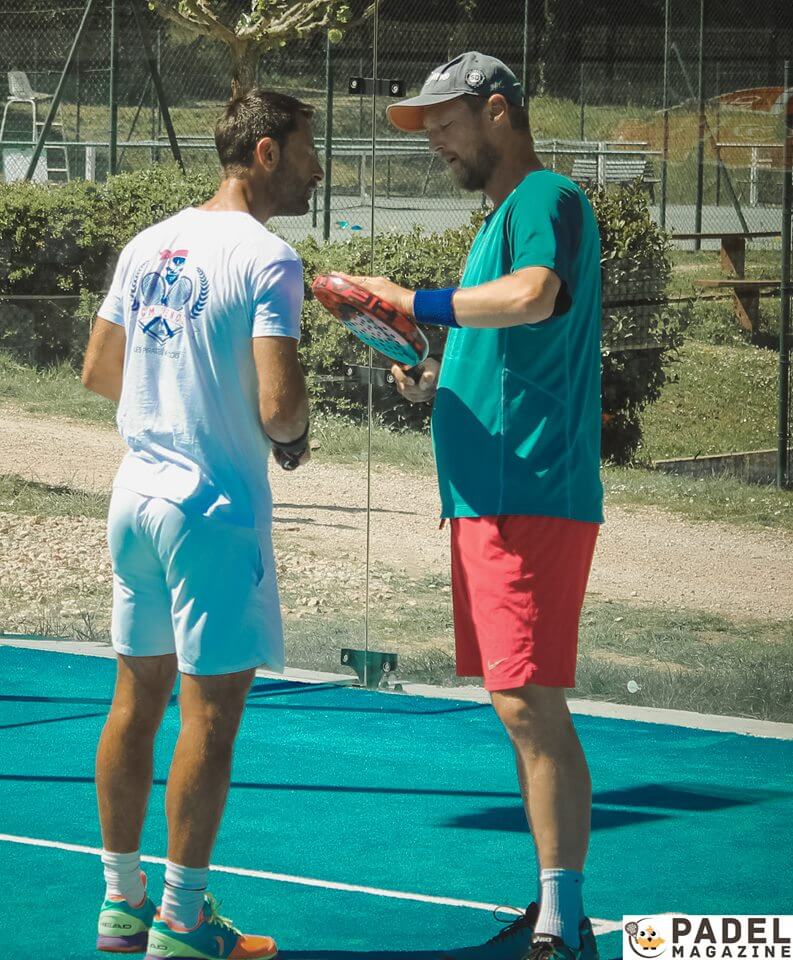 Yet, this mental preparation seems absent or almost from the sports world?
Yet, this mental preparation seems absent or almost from the sports world?
It is certain that we are going to France from far away. We are gradually becoming aware of the contribution of a physical trainer for an amateur or professional athlete.
But little by little, by the results and the demand, things are done.
I have been doing this job for 10 years. I coach athletes, older people, all types of profiles.
We are talking about sport or padel, but mental preparation concerns all sectors of activity. There are times when there are minuses, it's like that. It's life. This mental preparation will certainly allow you to limit damage when you are in a day without and to gain in efficiency in your work.
Le padel, a sport apart?
I agree with you. And I would even say that it is perhaps one of the most mentally complicated sports because the padel is a two-man sport. There is a huge closeness between these two players. Moreover, there is a closeness between the four players which means that we cannot neglect the mental side in a game. It can take on much larger proportions than in other areas.
So, how to work with these players?
There is not a single method that works for everyone, it would be too good.
I teach players to understand each other better, to analyze themselves and to seek with them what allows them to play better:When you play well, what do you think about? ”
We build an emotional state that leads to a performance.
When athletes talk about their performance, they often talk about their emotion. But what does that mean mentally? You have to take the players to an area where they can perform at the right time.
We try to build this manual together and avoid absences in certain matches, even if it is impossible to avoid being in a day when we do not feel anything. It's human.
Sometimes some French players make a mountain of these Spanish players. And suddenly, they have finally already lost in the head. My job here is to prepare them mentally and allow them to give the maximum of themselves despite the players who are in front.
And above all to behave with confidence against supposedly higher ranked players.
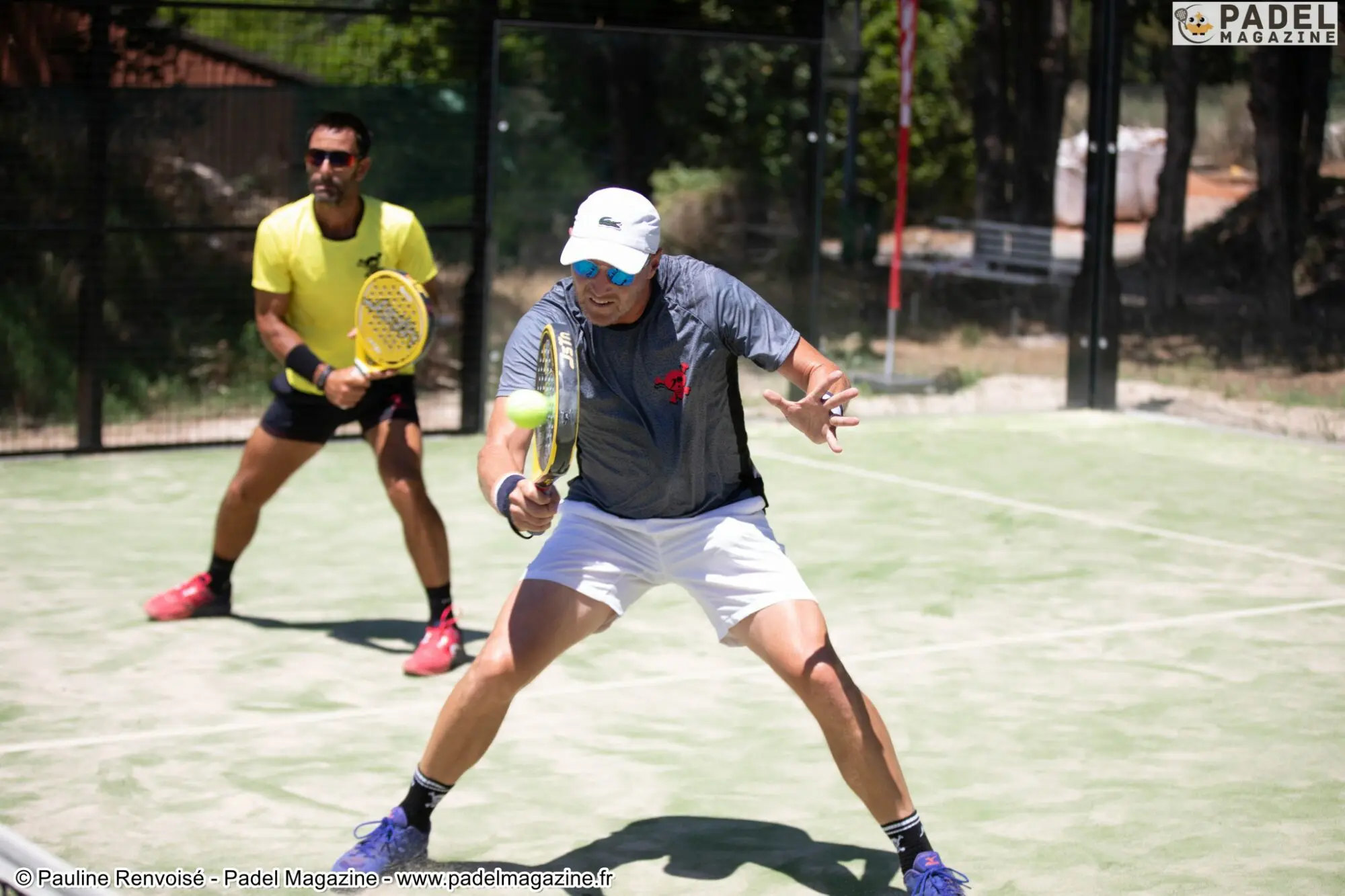
Could our French get better results in Spain?
I do not know. But what is certain is that the adventure is far from easy for them. They arrive in a country where they will play players who play padel for over a decade. But at the same time, I often hear the players say: “I could have done something against them".
It is both very positive and at the same time very frustrating. Because when it is repetitive, then there are two possibilities: either the players are in reality below and then they lack perspective. Either they have a competitive level, but there is another problem ...
It is true that Spain is the nation of padel global. Obviously for a young country like ours, it's great to play on the professional circuit. But our French players, at least for some, are not starting from scratch. Quite the contrary. The contribution of tennis can help enormously and we can clearly see it in the French top.
We overestimate the Spanish level?
We are right to be lucid, it helps to move forward. And the Spanish level is obviously very high.
But sometimes we make a mountain of adversaries. And finally we will lose for other reasons.
It is terrible for a player to think that we could have actually done better, but that we lost because precisely we were not in the right state of mind before the competition or a match.
Mental preparation is real training. We must behave with this preparation like a classic sports preparation.
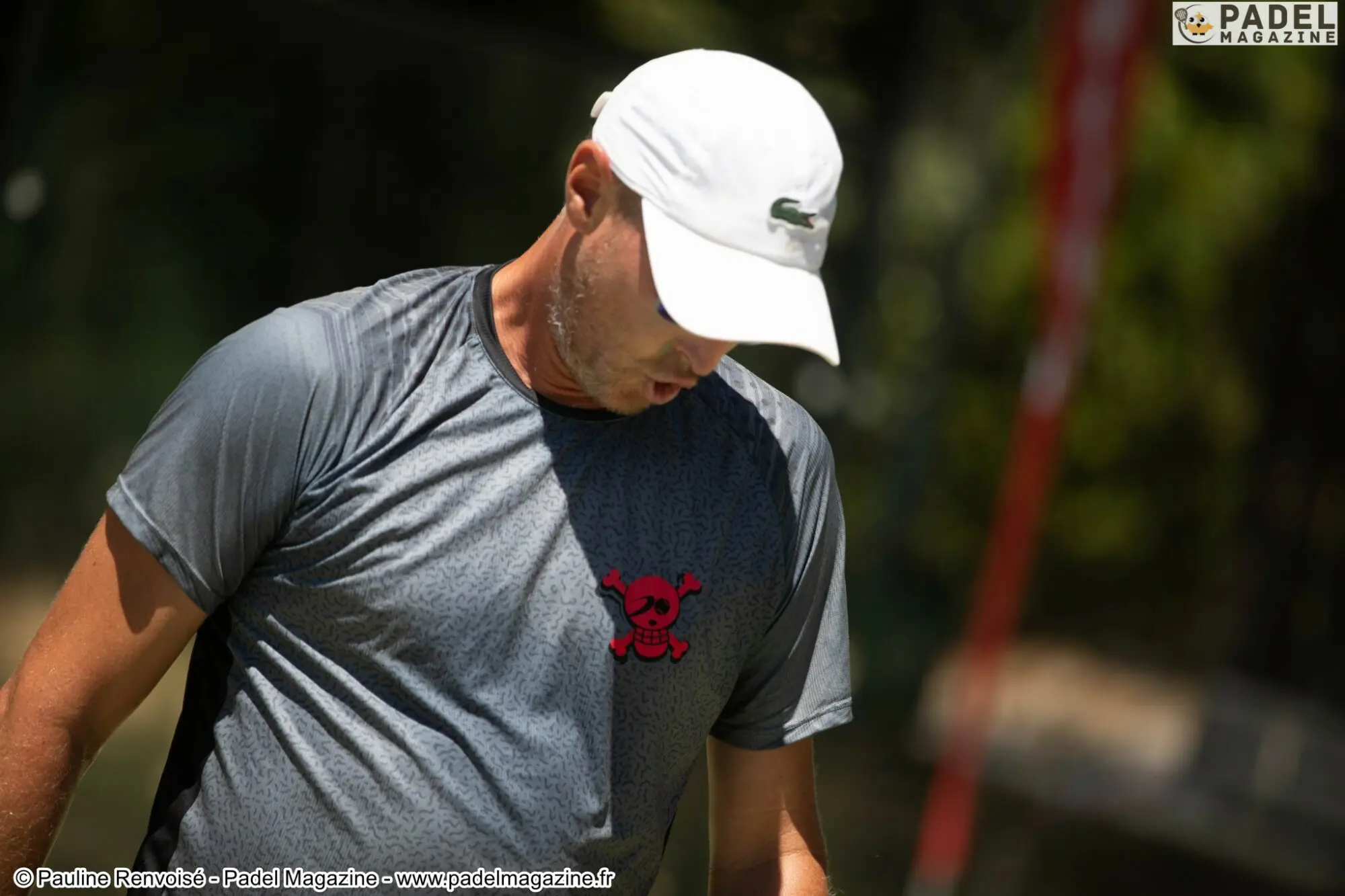
Are our players not confident enough?
Not having confidence in yourself is normal. The idea is to work on that. Sometimes I see players destroy themselves in training. How can they then come into a game and be positive.
And this notion of partners…
I notice that after a match of padelwe often talk about the partner. Good or bad, but his partner always has an impact ...
Sometimes, we can believe that we are helping our partner with words when it is quite the opposite. For example, when you say to your partner: “Do not go foul now". It is benevolent, yet these few words can have a very negative effect on his partner.
How to talk to your partner? How to receive information from your partner? It's a whole program.
Franck Binisti discovers the padel at the Club des Pyramides in 2009 in the Paris region. Since padel is part of his life. You often see him touring France going to cover the major events of padel French.

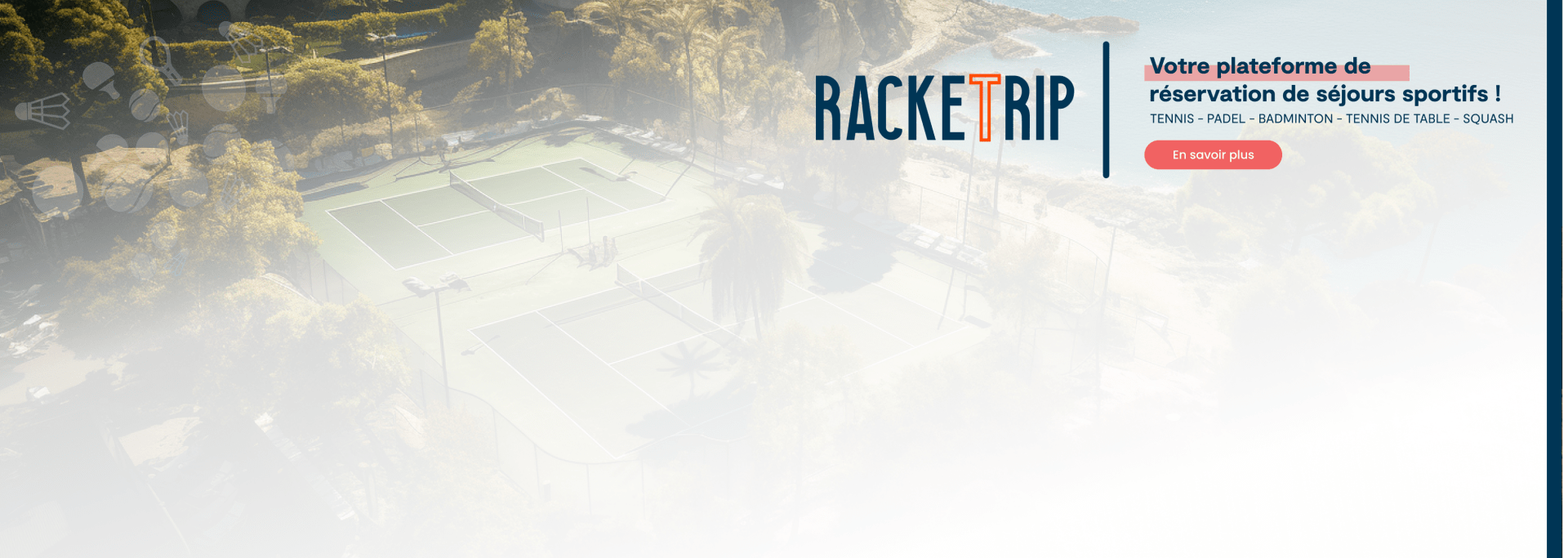













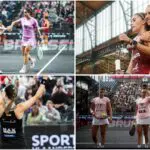
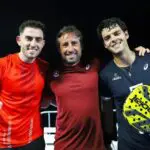

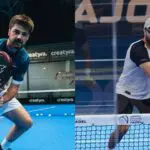
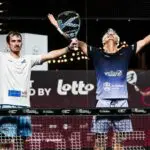
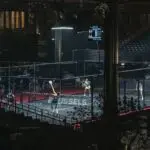
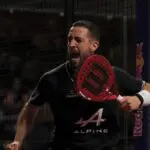









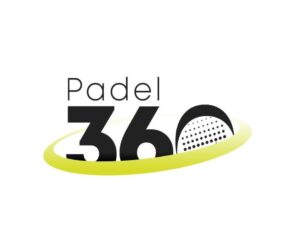
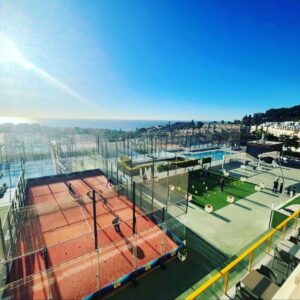
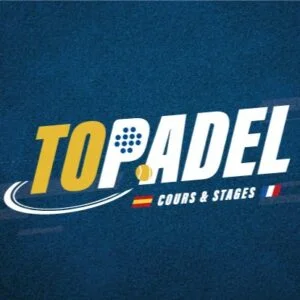



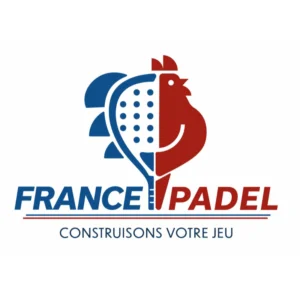
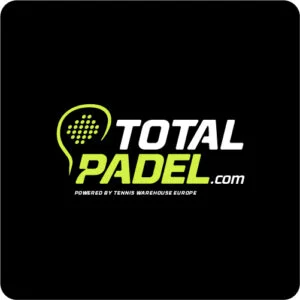
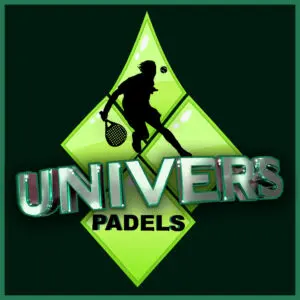
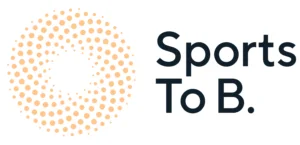

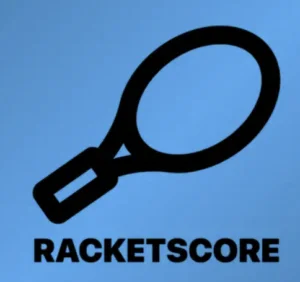
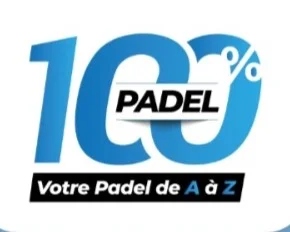
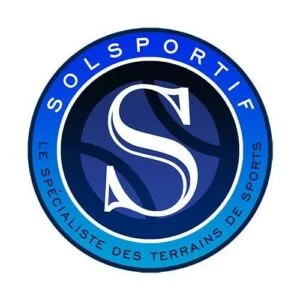

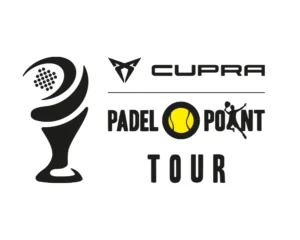

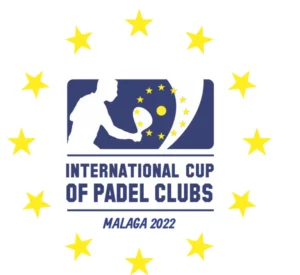

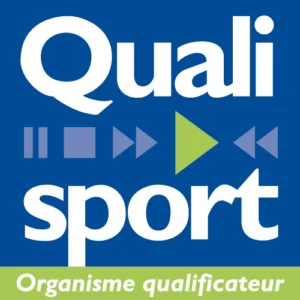


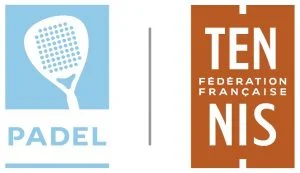


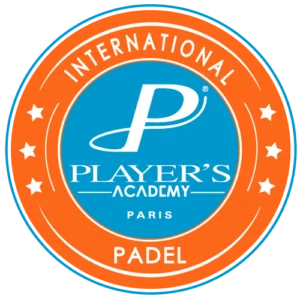
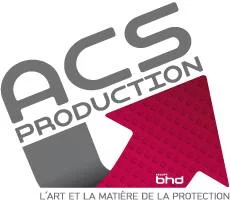
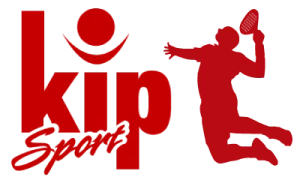

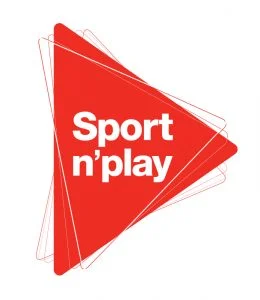

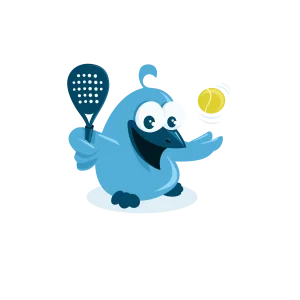

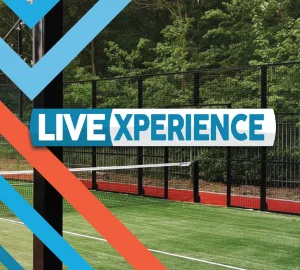
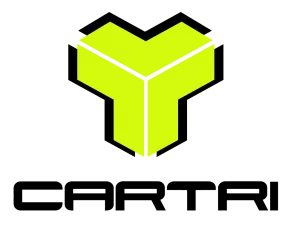

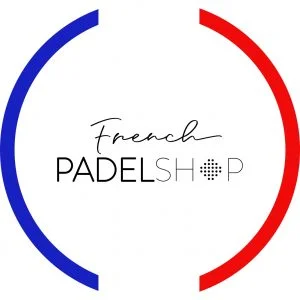
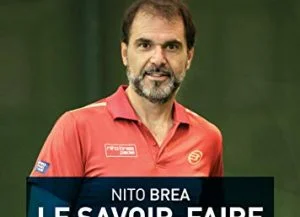
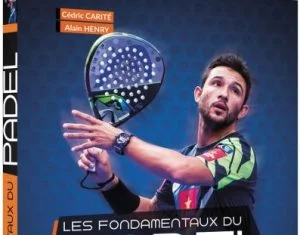

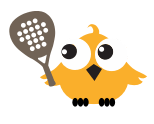
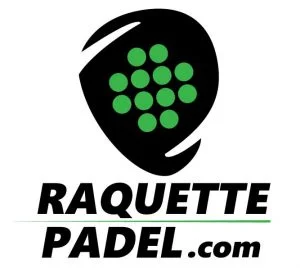
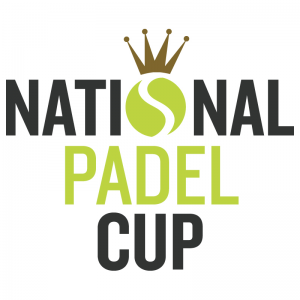
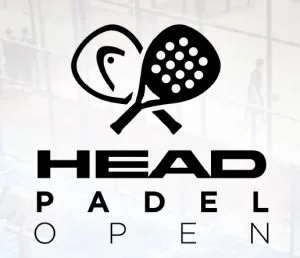





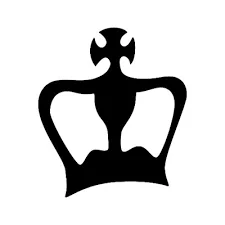
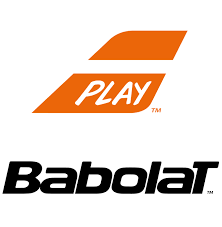

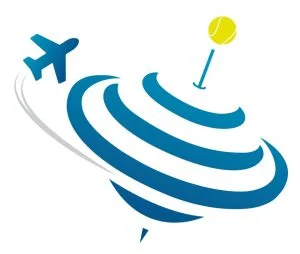
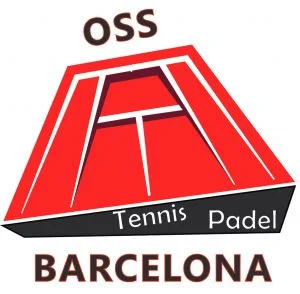
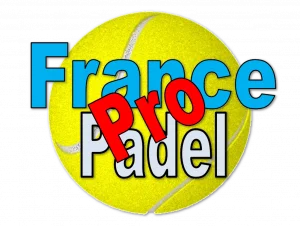


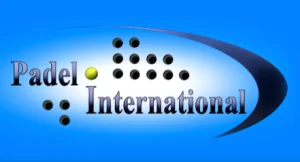

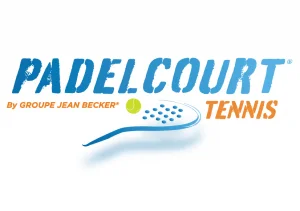
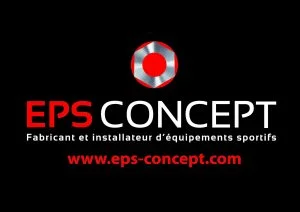
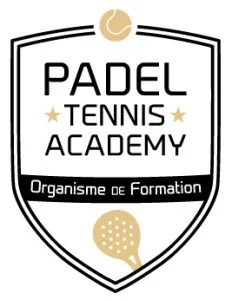
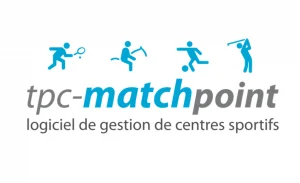
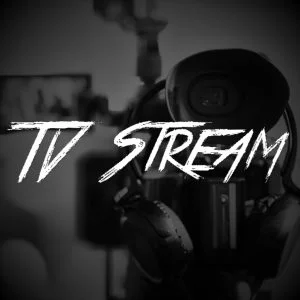
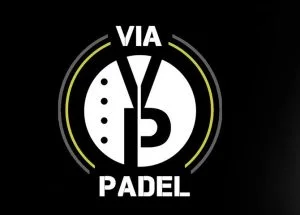
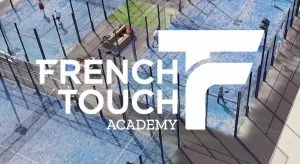



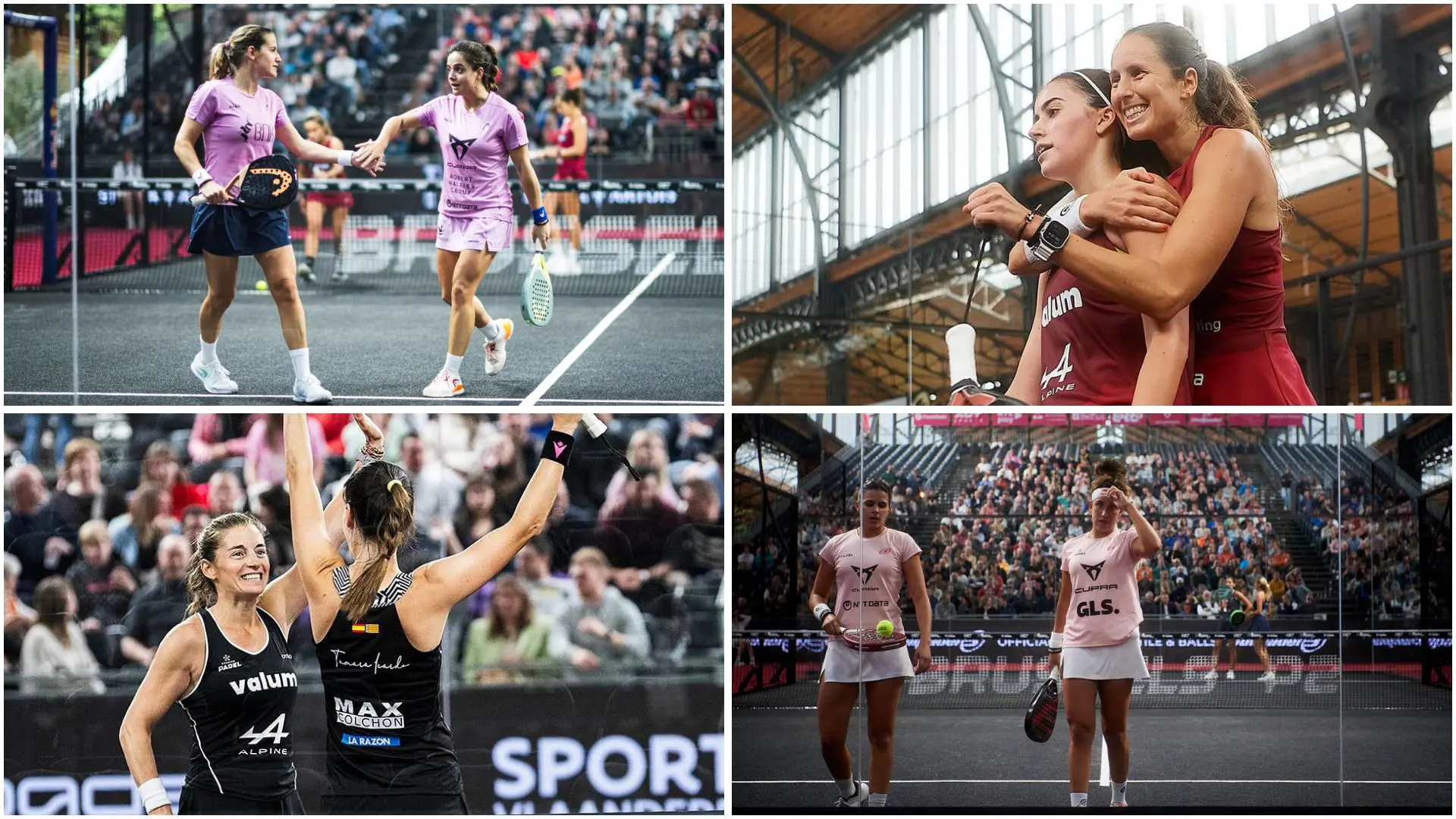 Premier Padel Brussels P2 – The women’s Big 4 at the semi-finals!
Premier Padel Brussels P2 – The women’s Big 4 at the semi-finals!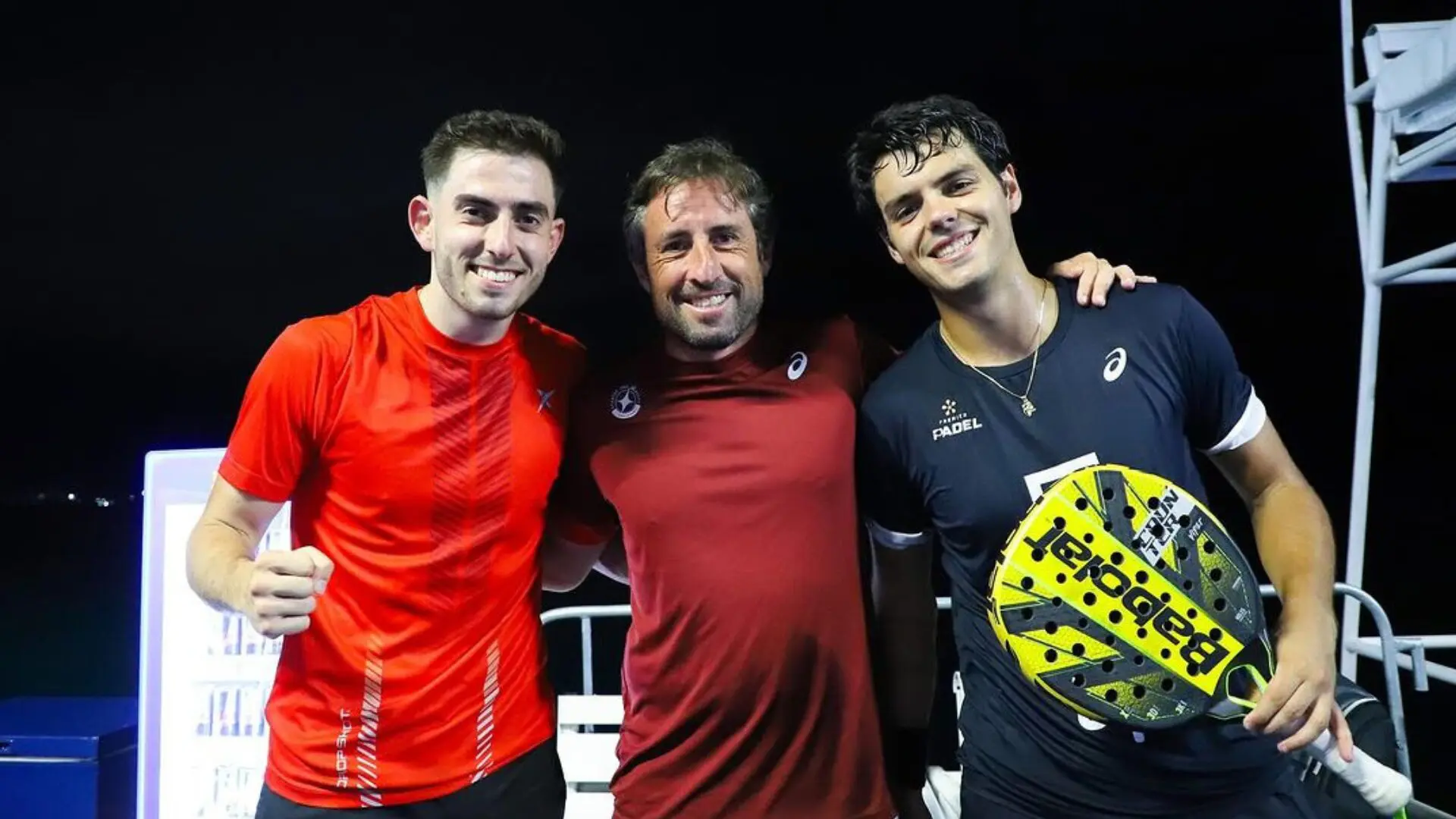 Premier Padel Brussels P2 – Sanz and Nieto win a big fight against Lebron / Navarro!
Premier Padel Brussels P2 – Sanz and Nieto win a big fight against Lebron / Navarro!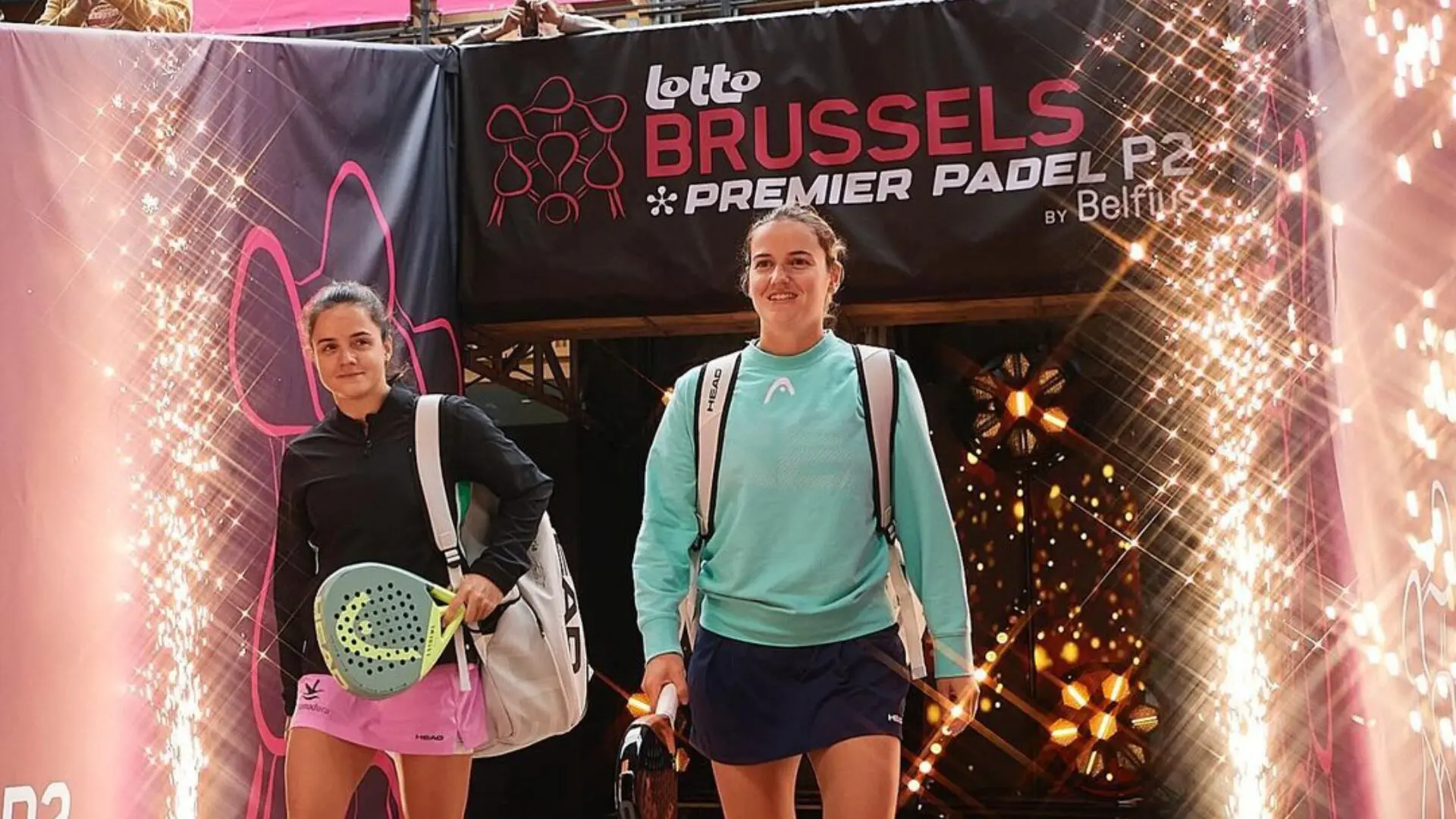 Premier Padel Brussels P2 – The break obviously did Sanchez / Josemaria good!
Premier Padel Brussels P2 – The break obviously did Sanchez / Josemaria good!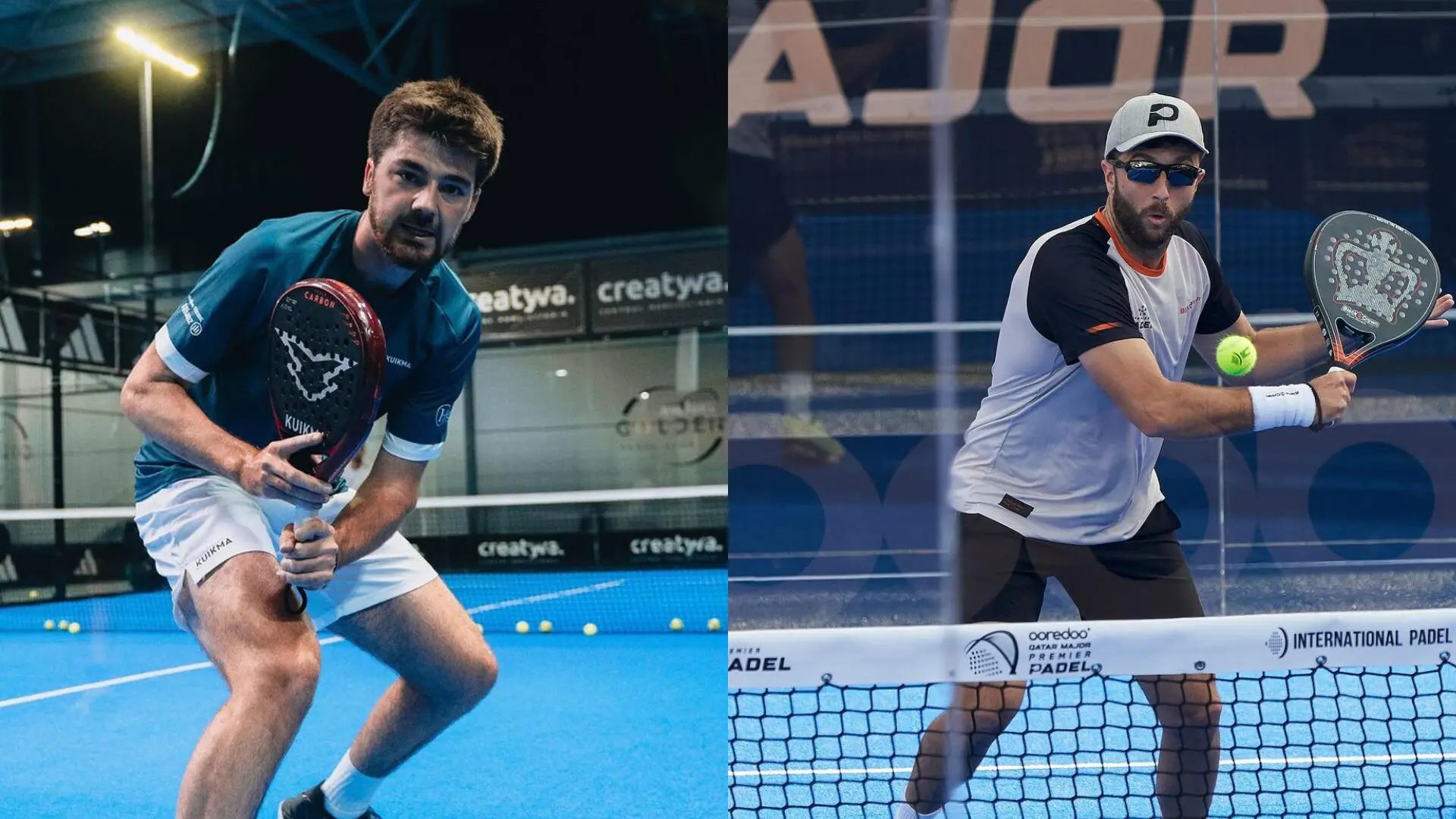 Premier Padel Sevilla P2 – From the waiting list to previas for Dylan Guichard and Ricardo Martinez!
Premier Padel Sevilla P2 – From the waiting list to previas for Dylan Guichard and Ricardo Martinez!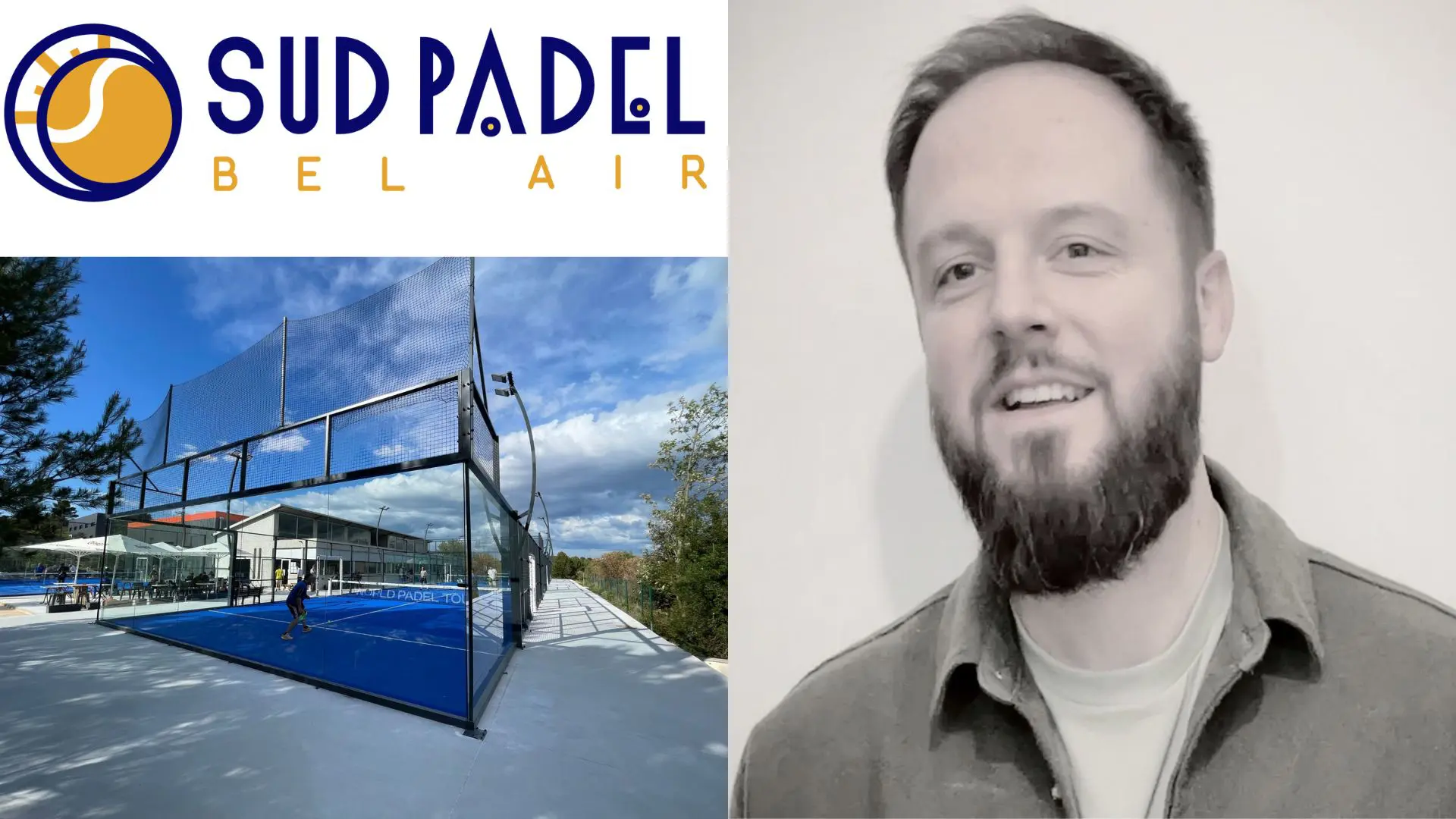 Guillaume Codron de Sud Padel : “A family project”
Guillaume Codron de Sud Padel : “A family project” Nallé Grinda: “Democratize the padel in the USA with PadelX "
Nallé Grinda: “Democratize the padel in the USA with PadelX "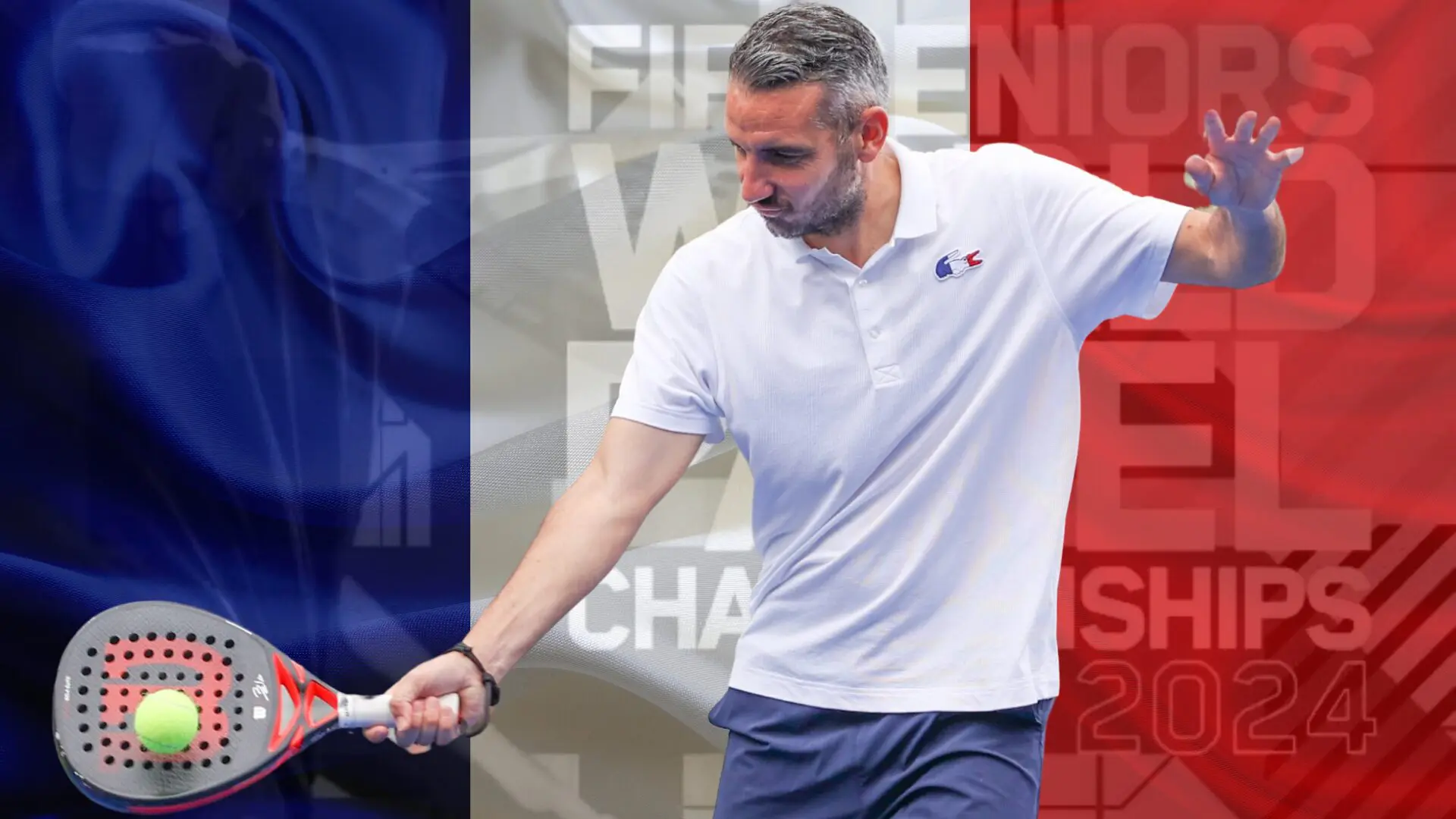 Simon Boissé: “We know that there are two nations in front of us”
Simon Boissé: “We know that there are two nations in front of us”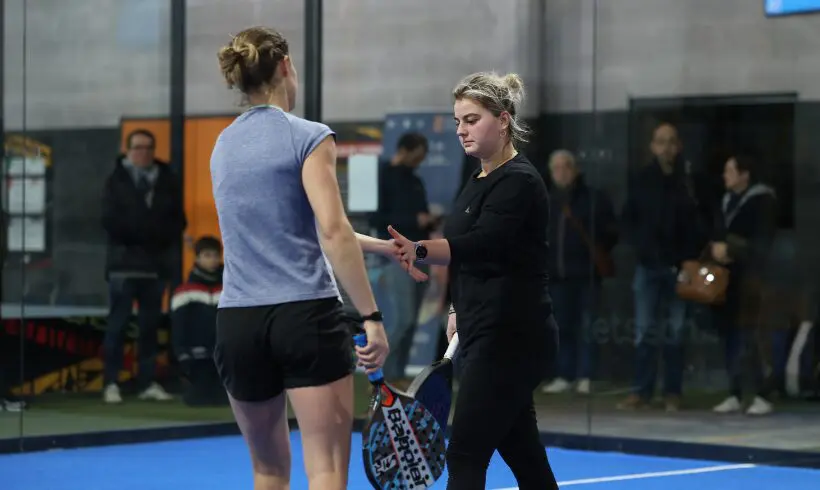 Marie Maligo: “This period of frequent changes of partners was beneficial for me”
Marie Maligo: “This period of frequent changes of partners was beneficial for me”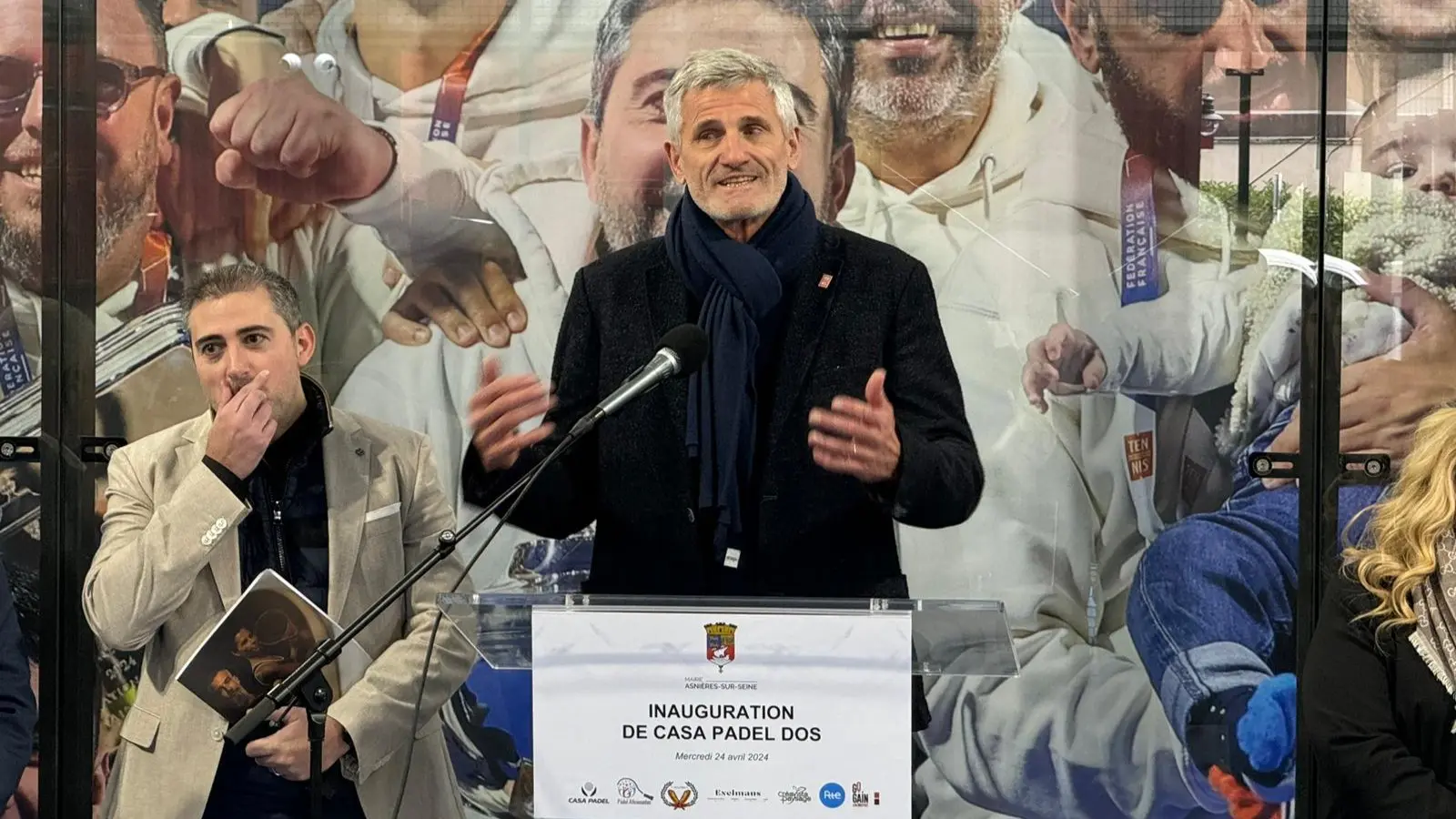 Gilles Moretton: “We will be able to put the padel at the level of tennis”
Gilles Moretton: “We will be able to put the padel at the level of tennis”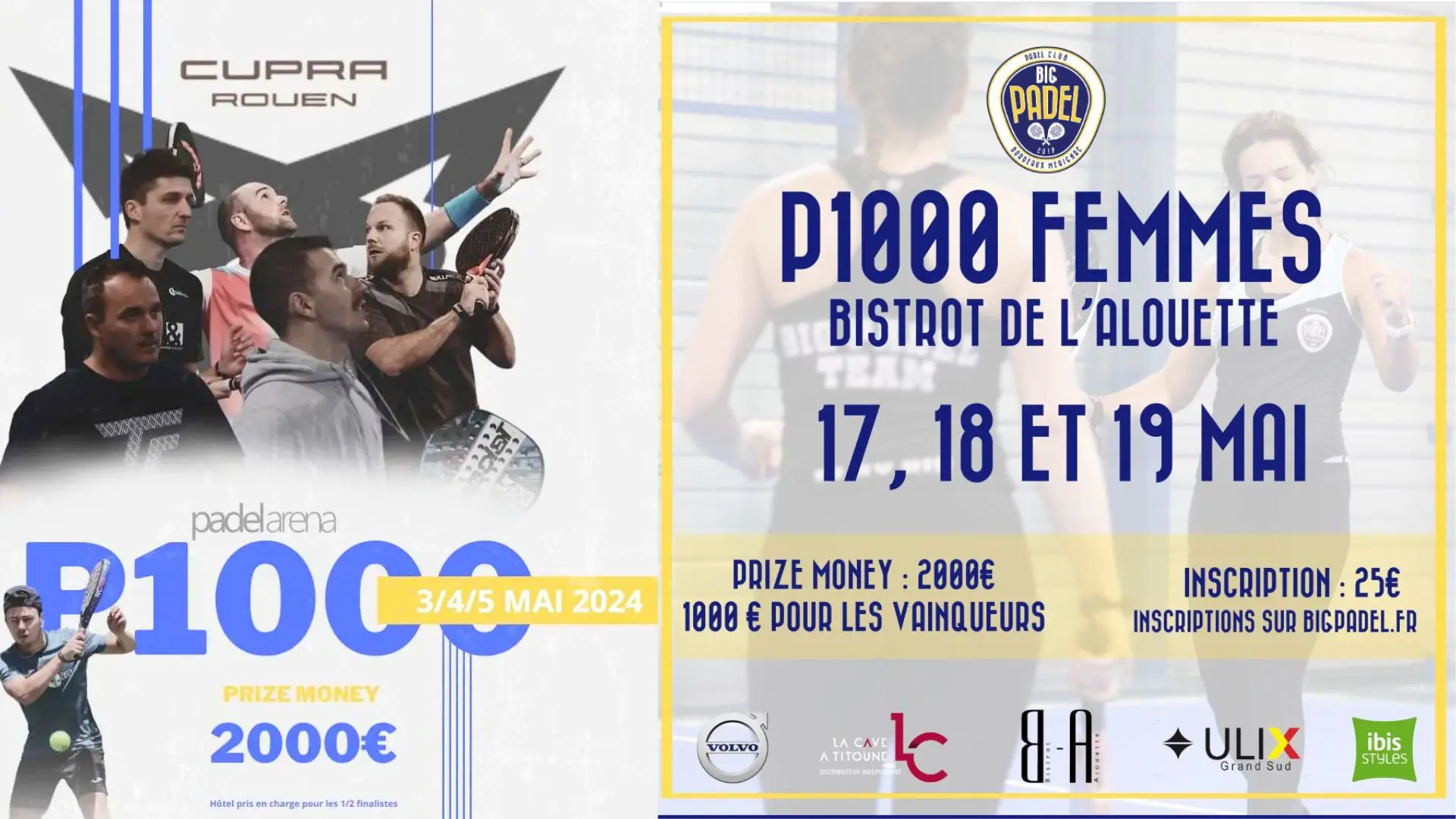 Two P1000 doubled prize money approaching!
Two P1000 doubled prize money approaching!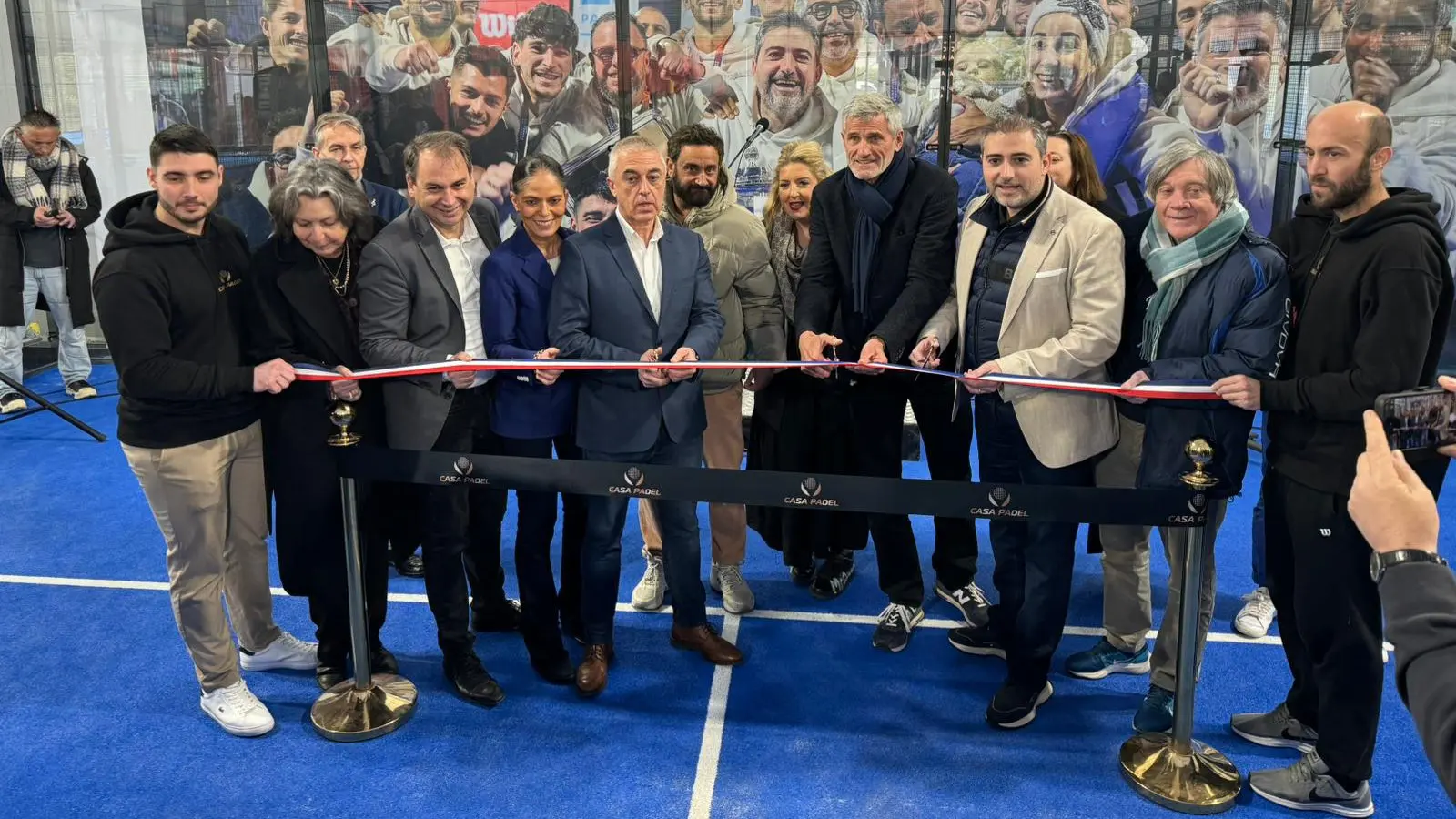 José Manuel Escin at the inauguration of Casa Padel DOS: “Finally, and thank you!”
José Manuel Escin at the inauguration of Casa Padel DOS: “Finally, and thank you!”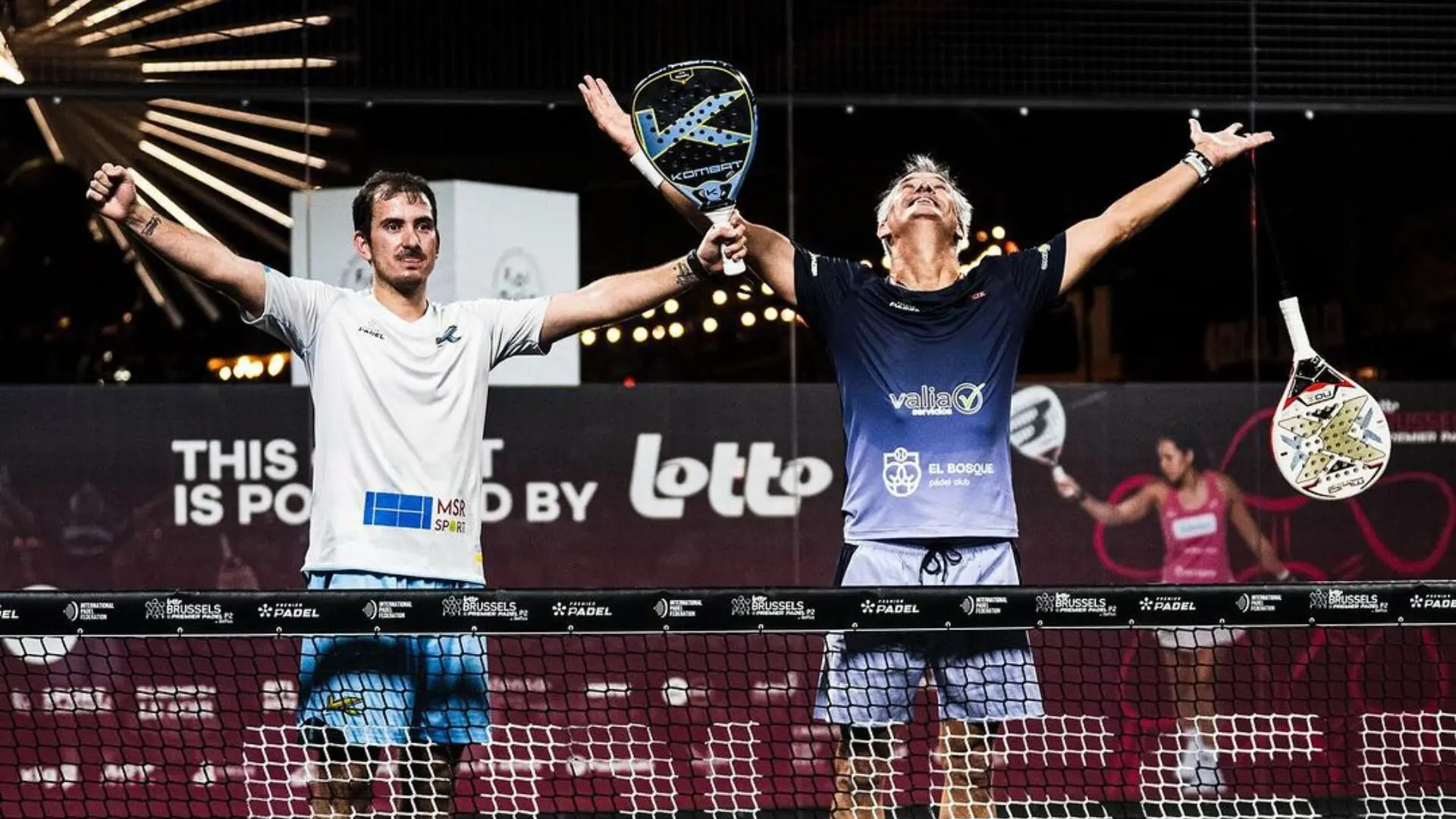 Miguel Lamperti: three tie-breaks and a return to the quarter-finals!
Miguel Lamperti: three tie-breaks and a return to the quarter-finals!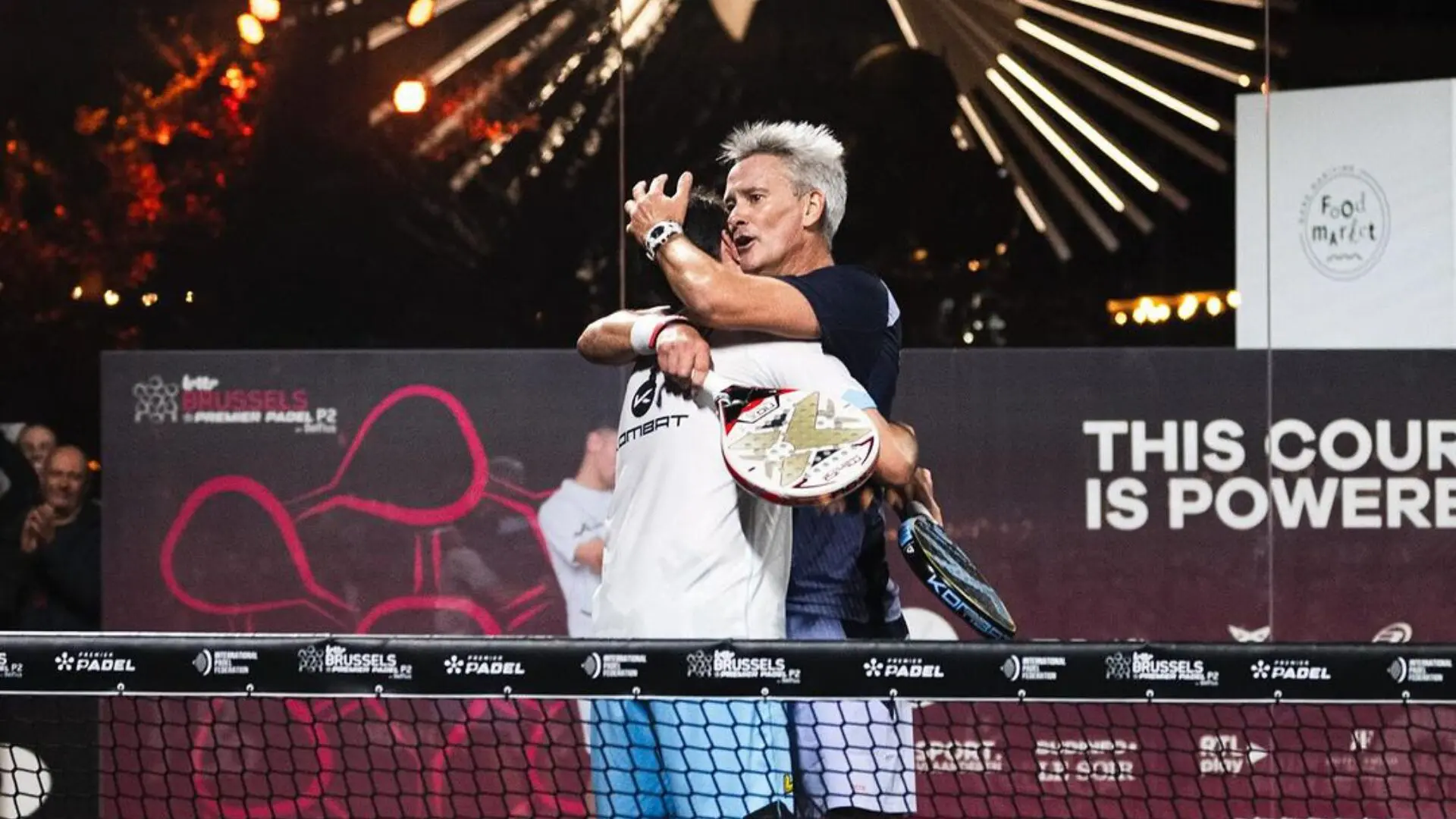 Big evening in Brussels with two seeded players on the mat, heckled number 1s…
Big evening in Brussels with two seeded players on the mat, heckled number 1s…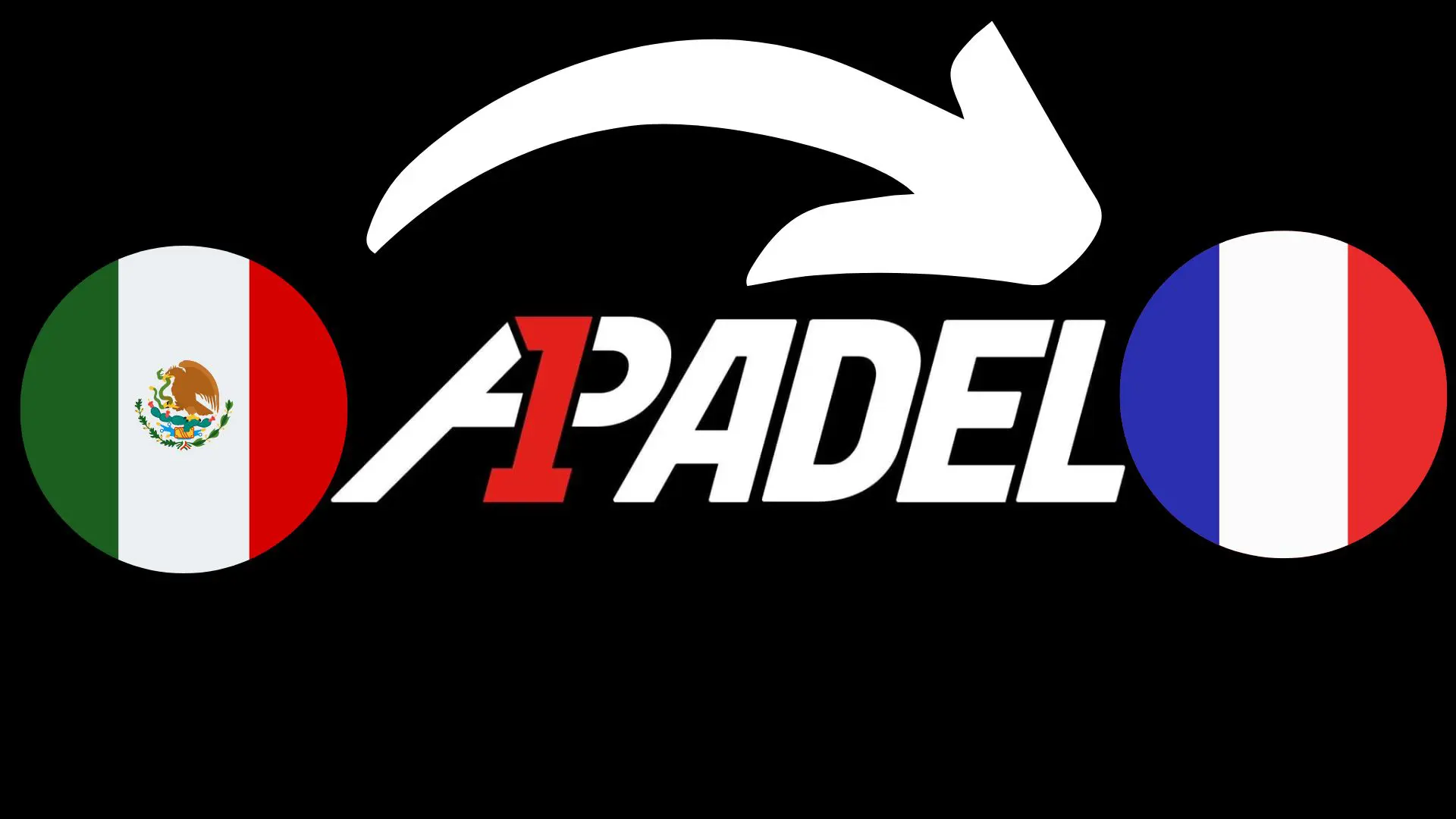 A1 Padel – the French Open replaces the Mexican Open on the calendar
A1 Padel – the French Open replaces the Mexican Open on the calendar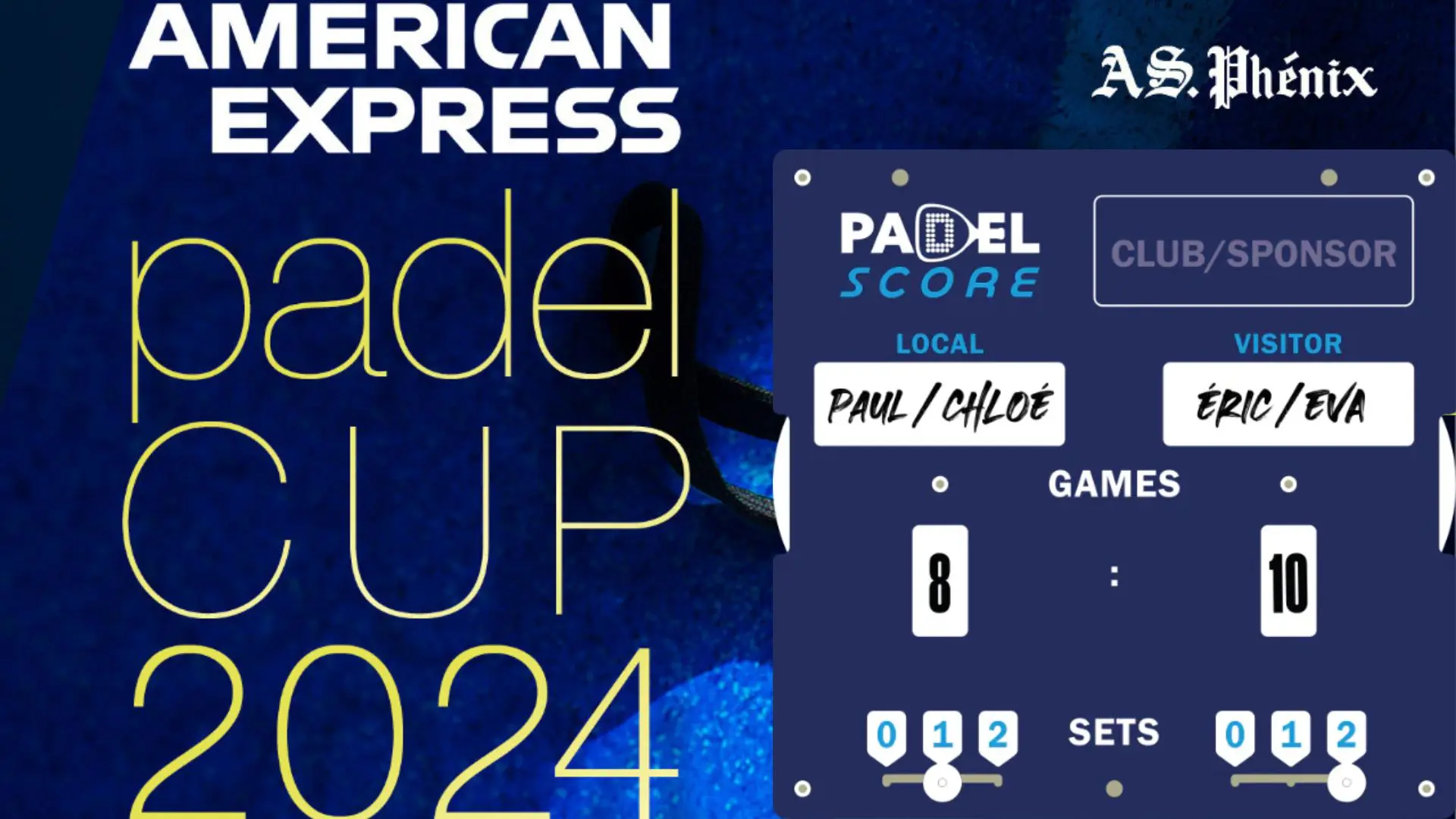 Padel Score comes to Tahiti for American Express Padel Cup!
Padel Score comes to Tahiti for American Express Padel Cup!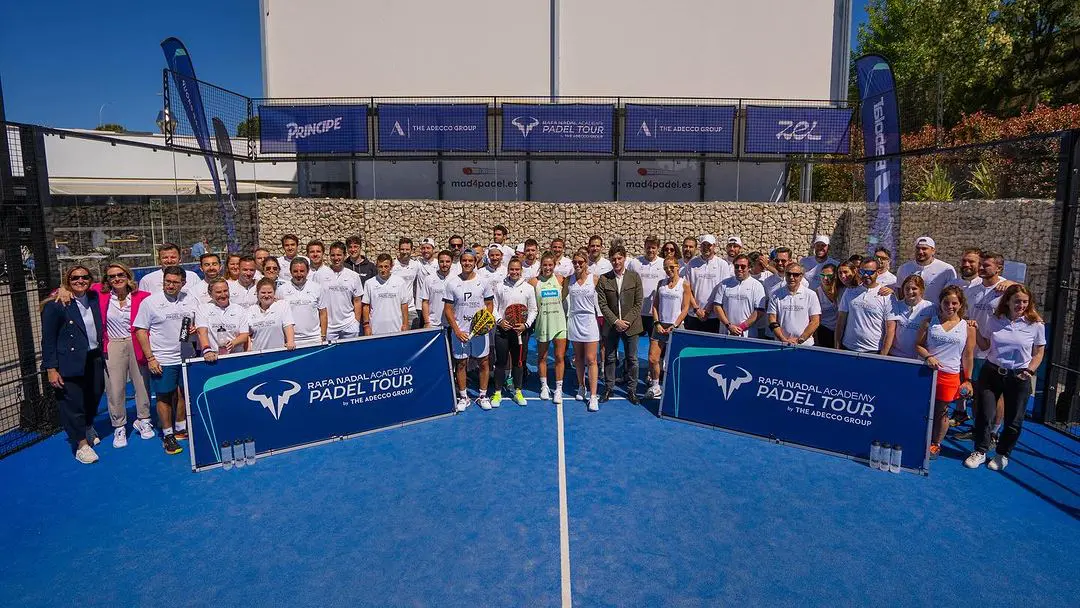 Do you know the Rafa Nadal Academy Tour?
Do you know the Rafa Nadal Academy Tour?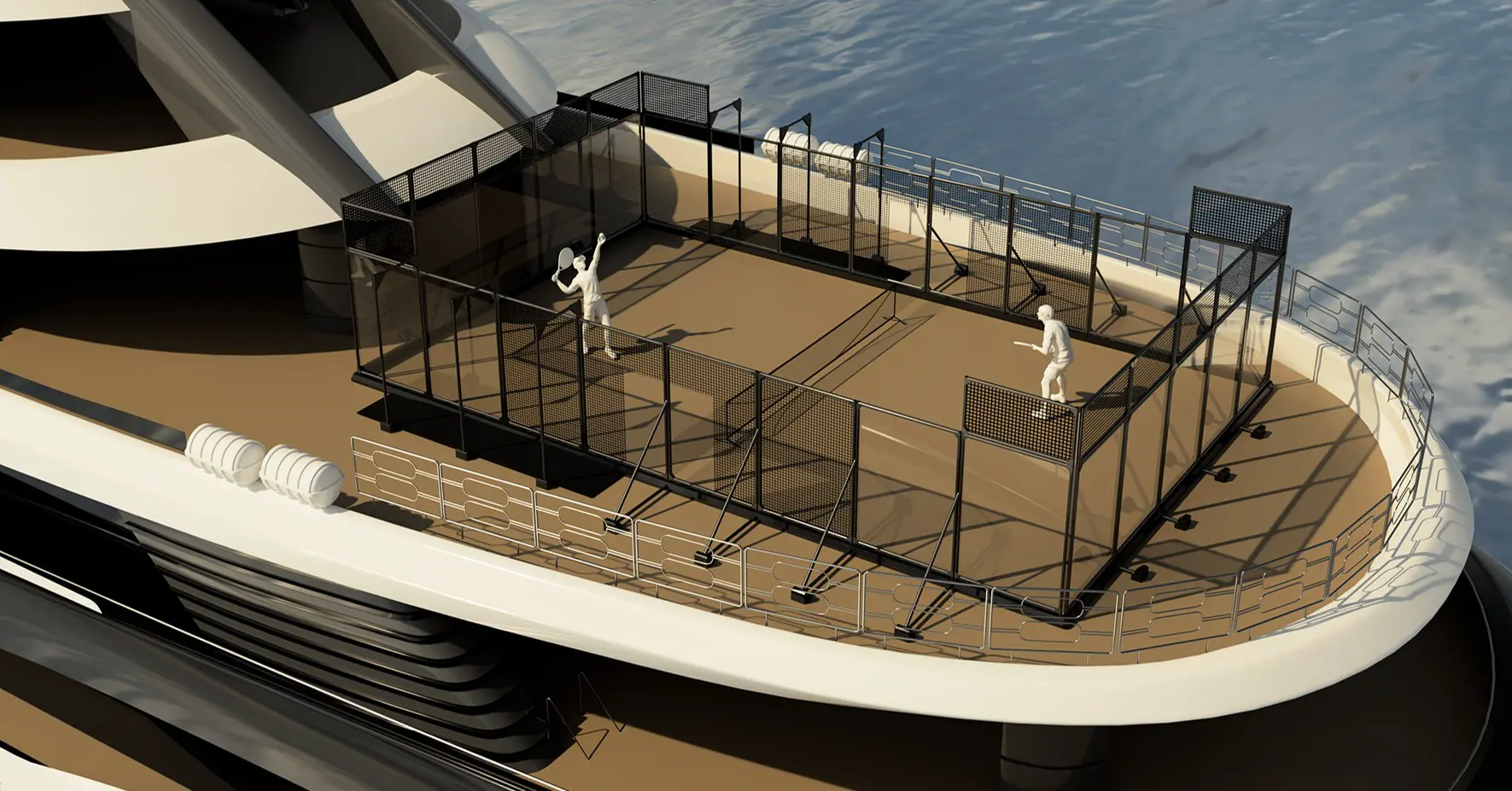 Play at padel on his yacht? Possible for €233.000!
Play at padel on his yacht? Possible for €233.000!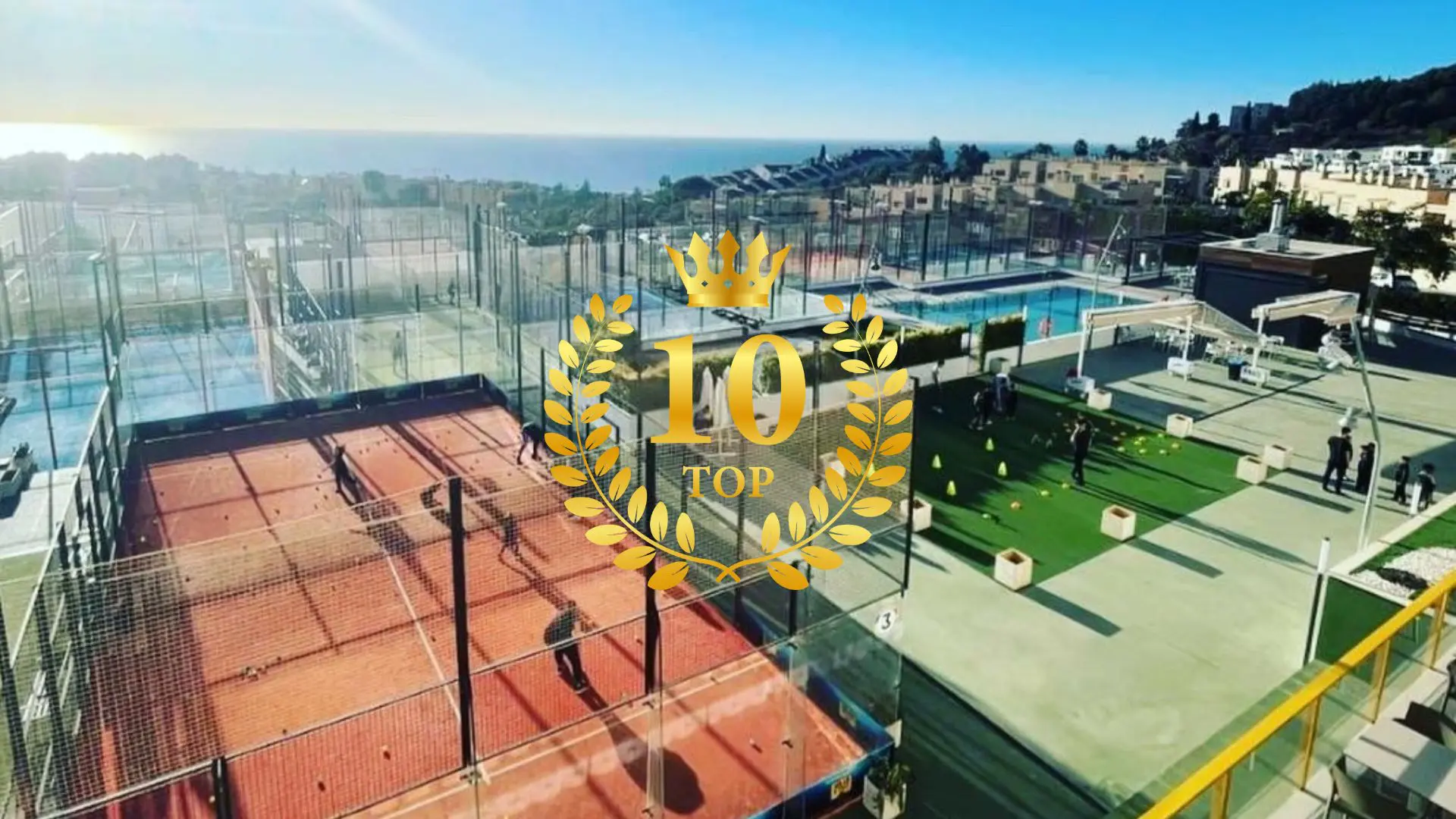 Our Top 10 training courses padel in France and Europe
Our Top 10 training courses padel in France and Europe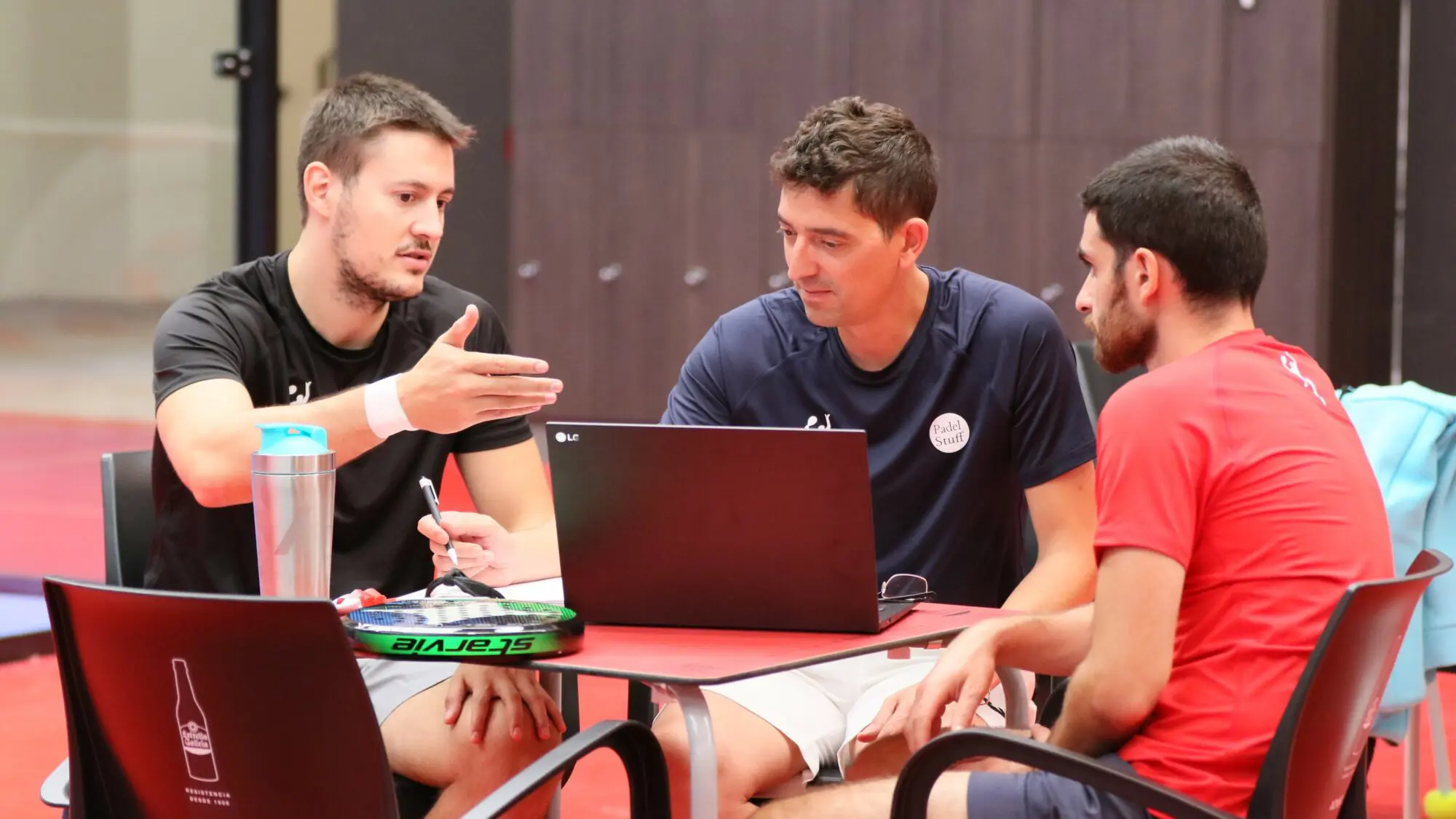 At the heart of padel – Episode 25: Paul and Andoni answer your questions
At the heart of padel – Episode 25: Paul and Andoni answer your questions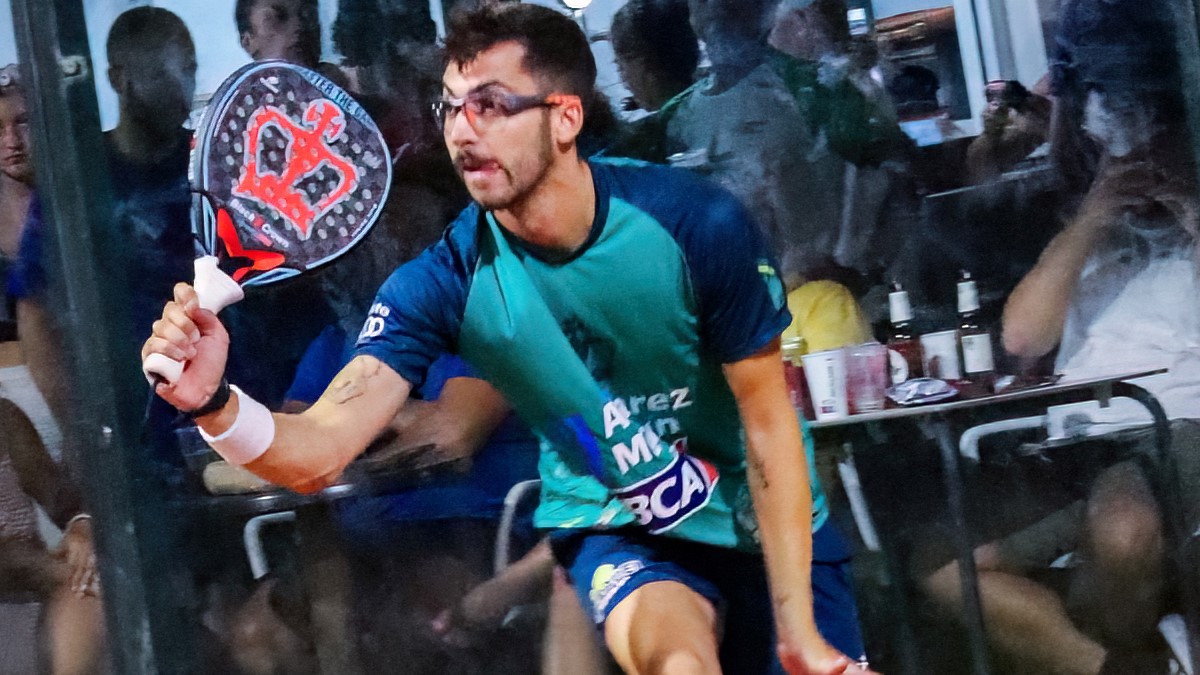 Tactical padel – What to do when faced with players who systematically stay at the bottom?
Tactical padel – What to do when faced with players who systematically stay at the bottom?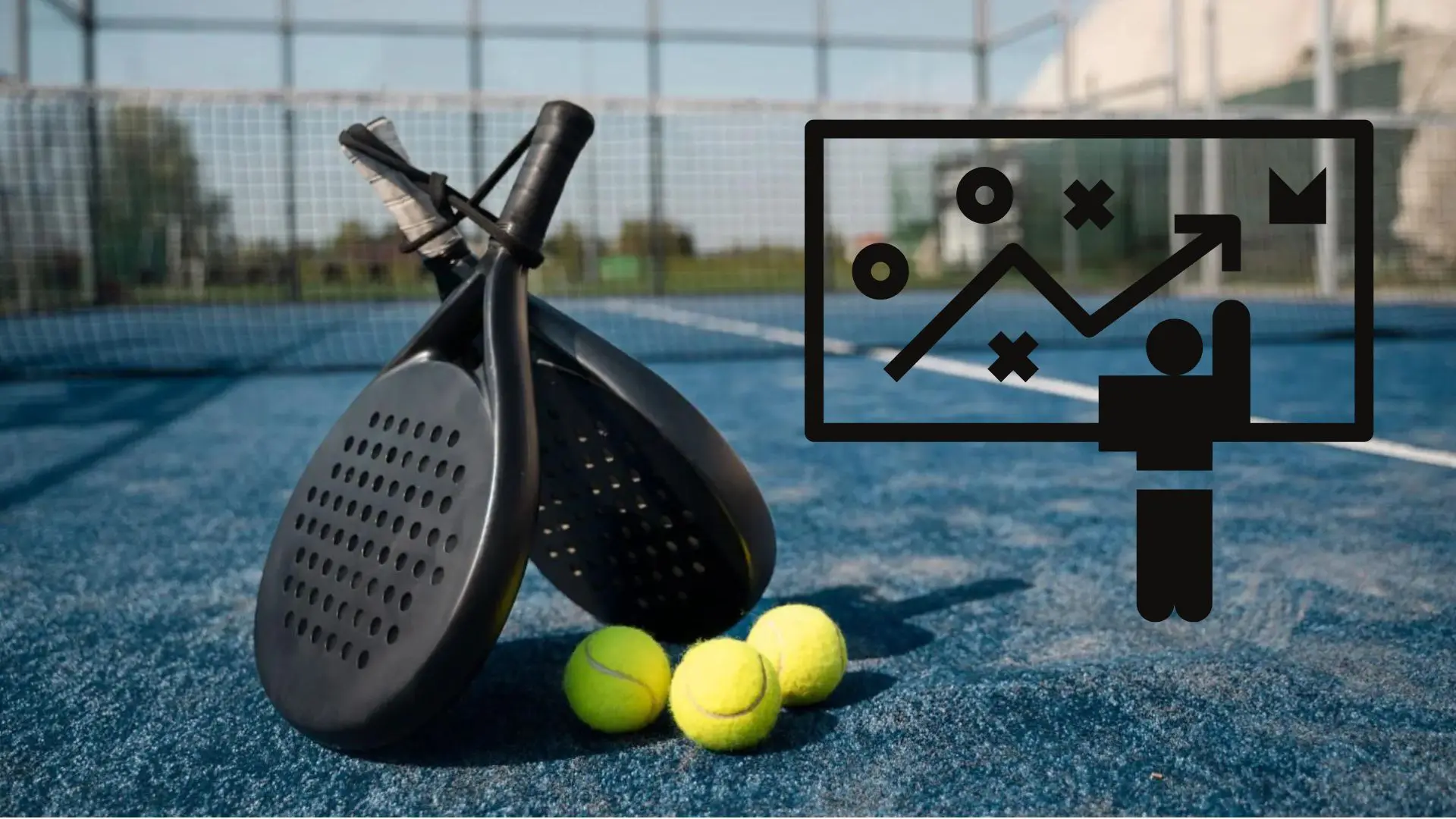 The basic tactics of padel
The basic tactics of padel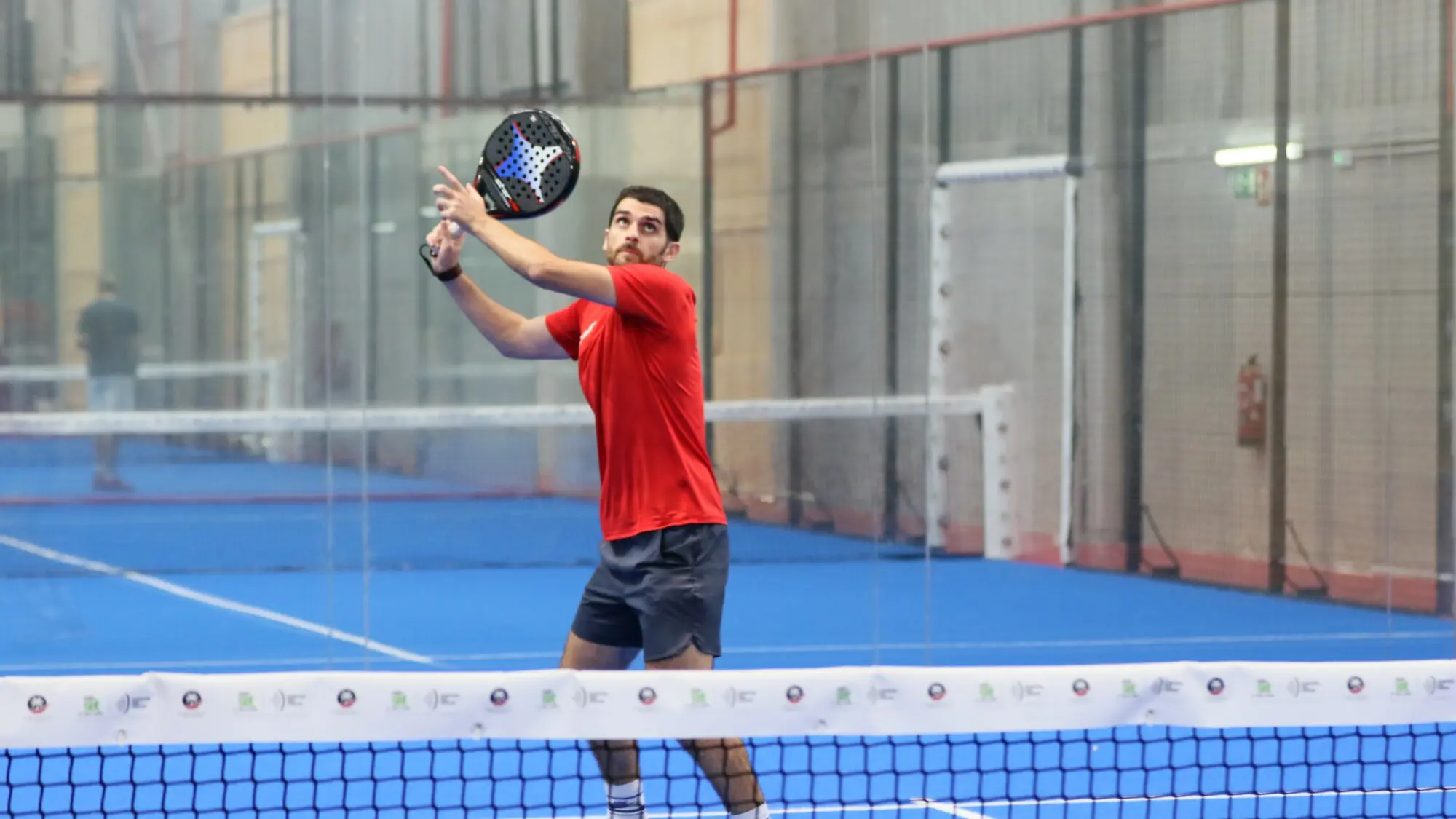 At the heart of padel – Episode 25: Paul and Andoni answer your questions
At the heart of padel – Episode 25: Paul and Andoni answer your questions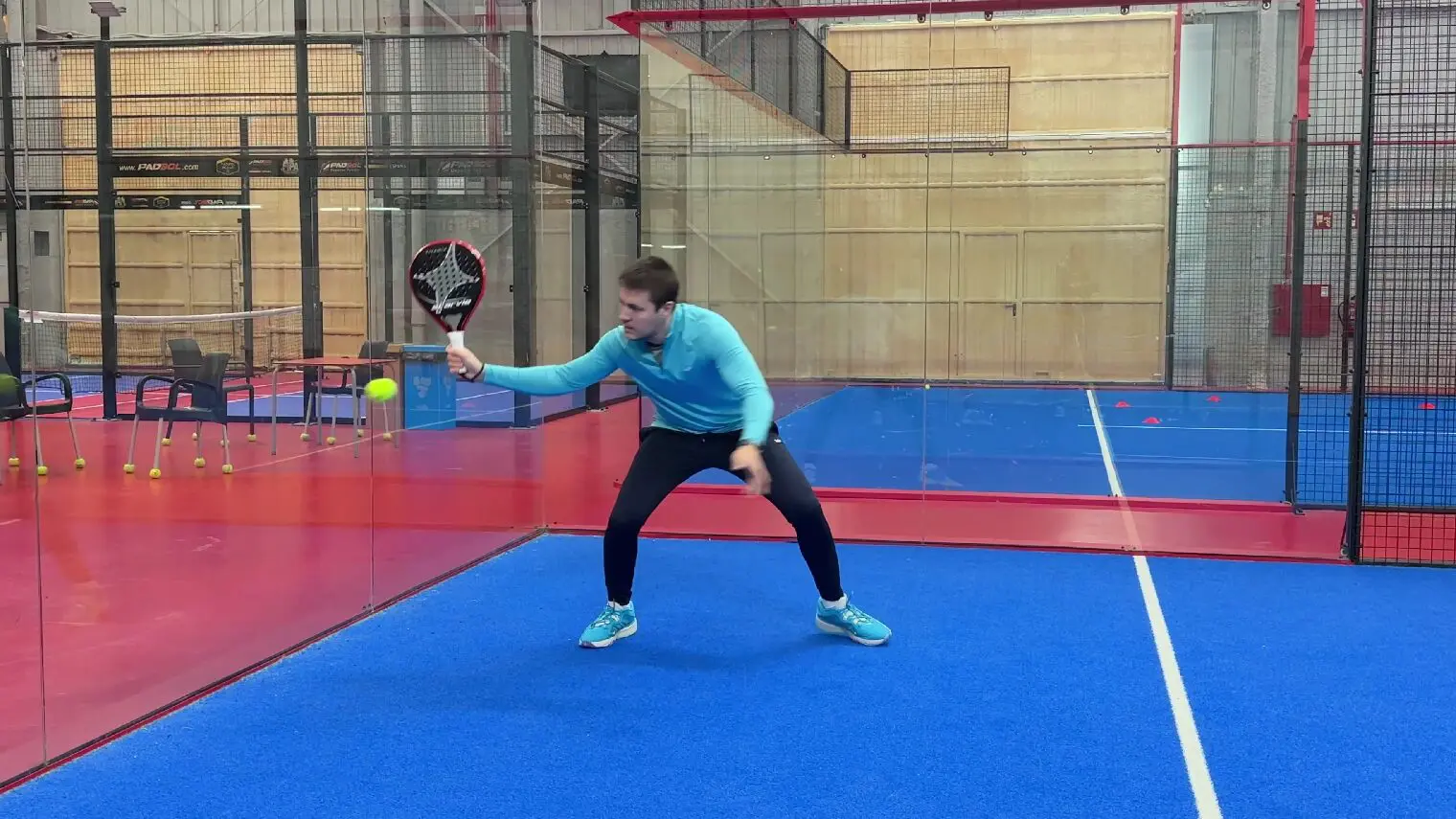 At the heart of padel – Episode 23: defend the window well
At the heart of padel – Episode 23: defend the window well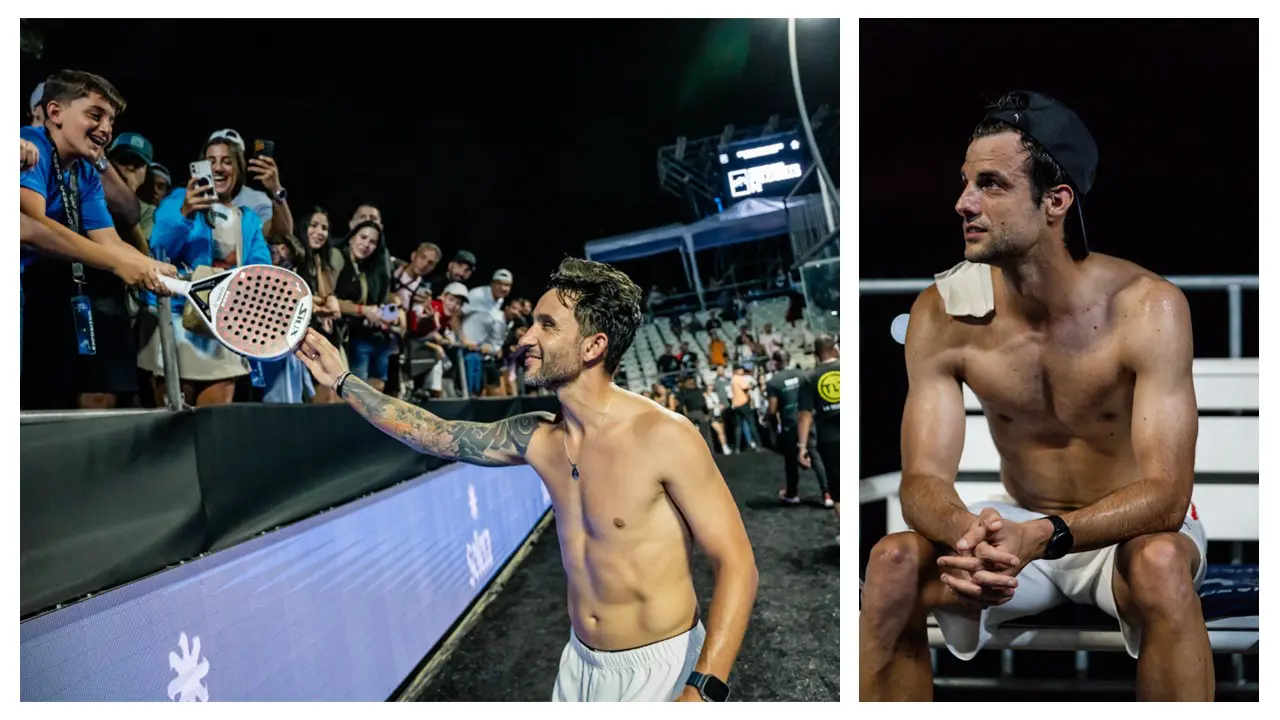 Prohibition on playing topless Padel : the reasons
Prohibition on playing topless Padel : the reasons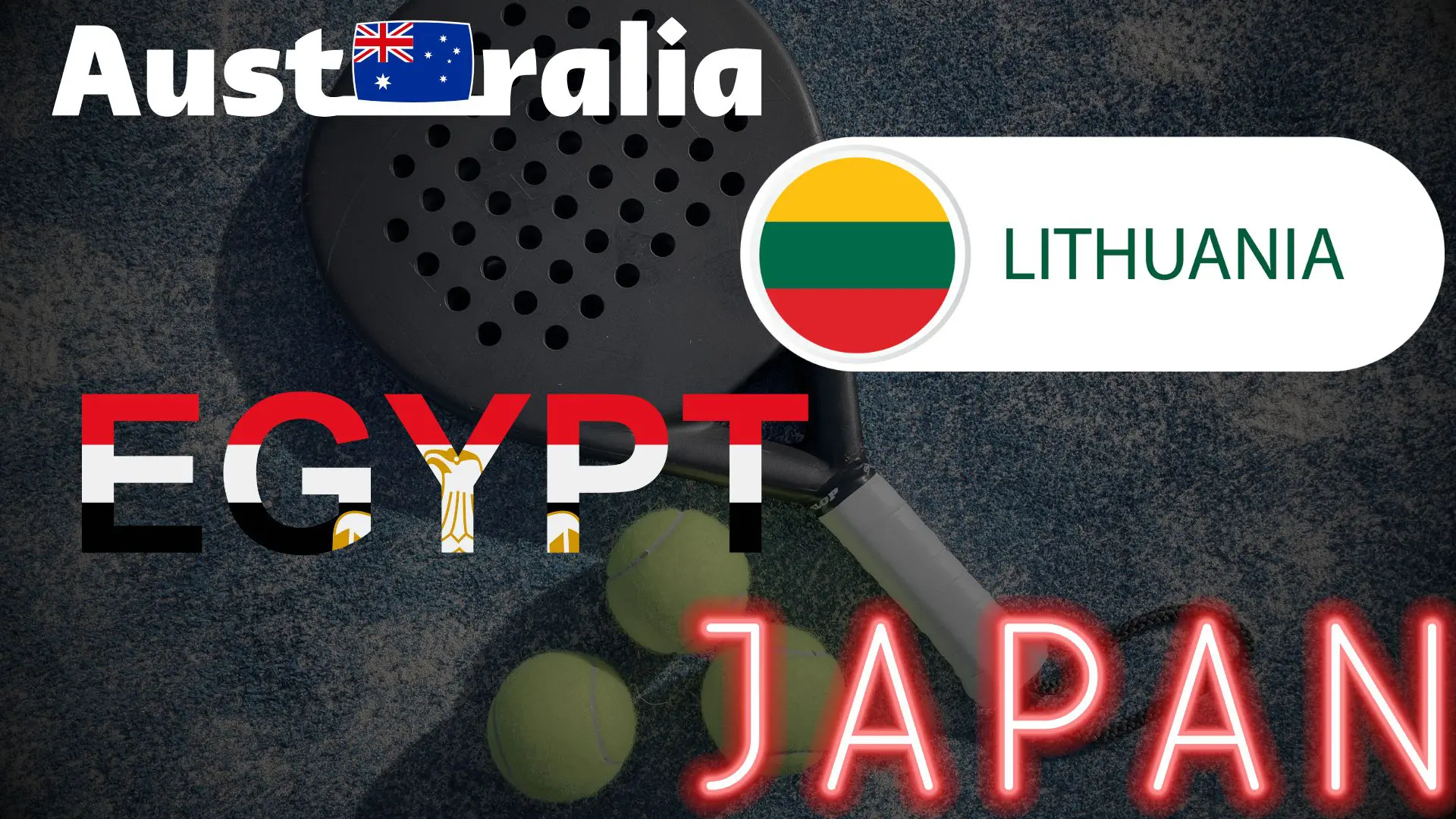 FIP Tour – Going far from Europe, THE strategy to earn points!
FIP Tour – Going far from Europe, THE strategy to earn points!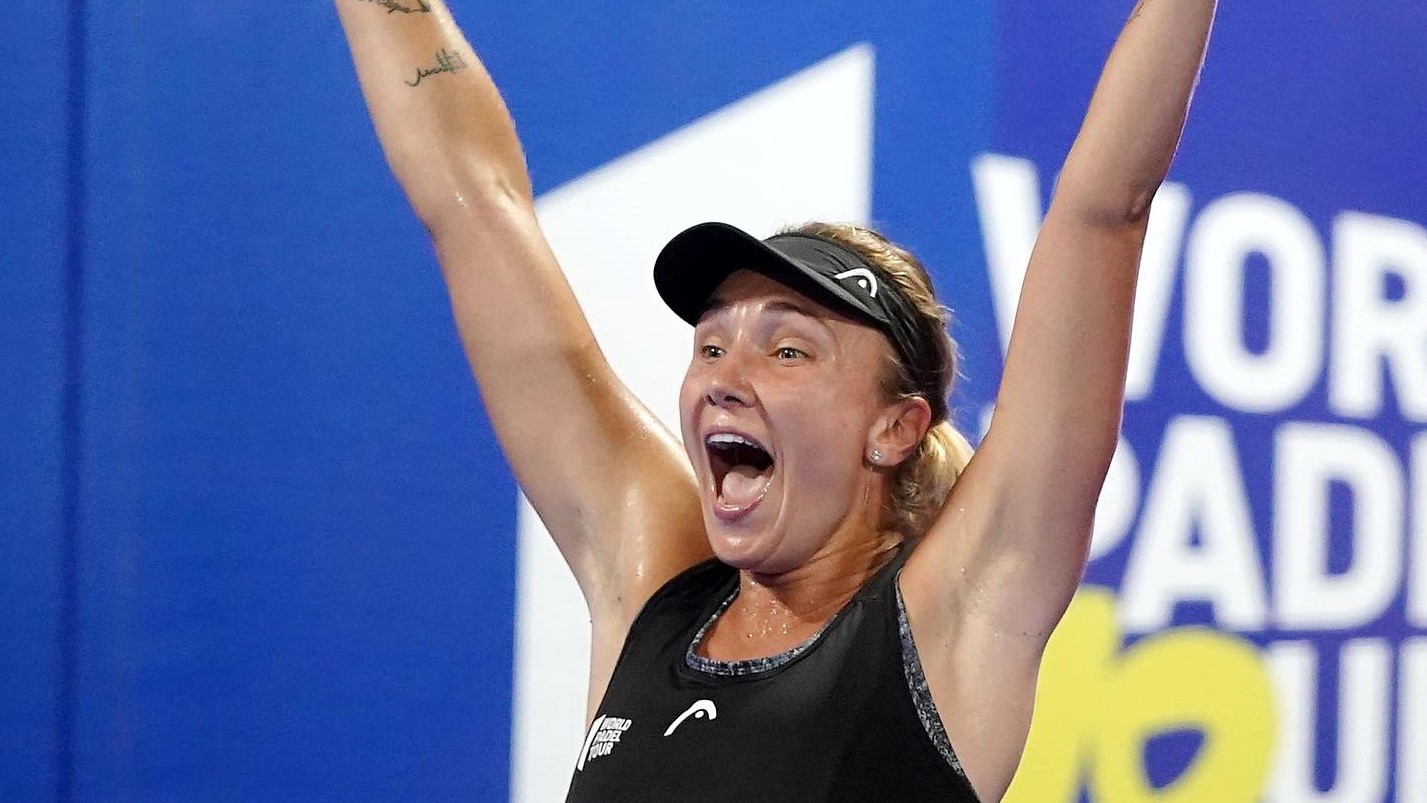 What is a good football player? padel ?
What is a good football player? padel ?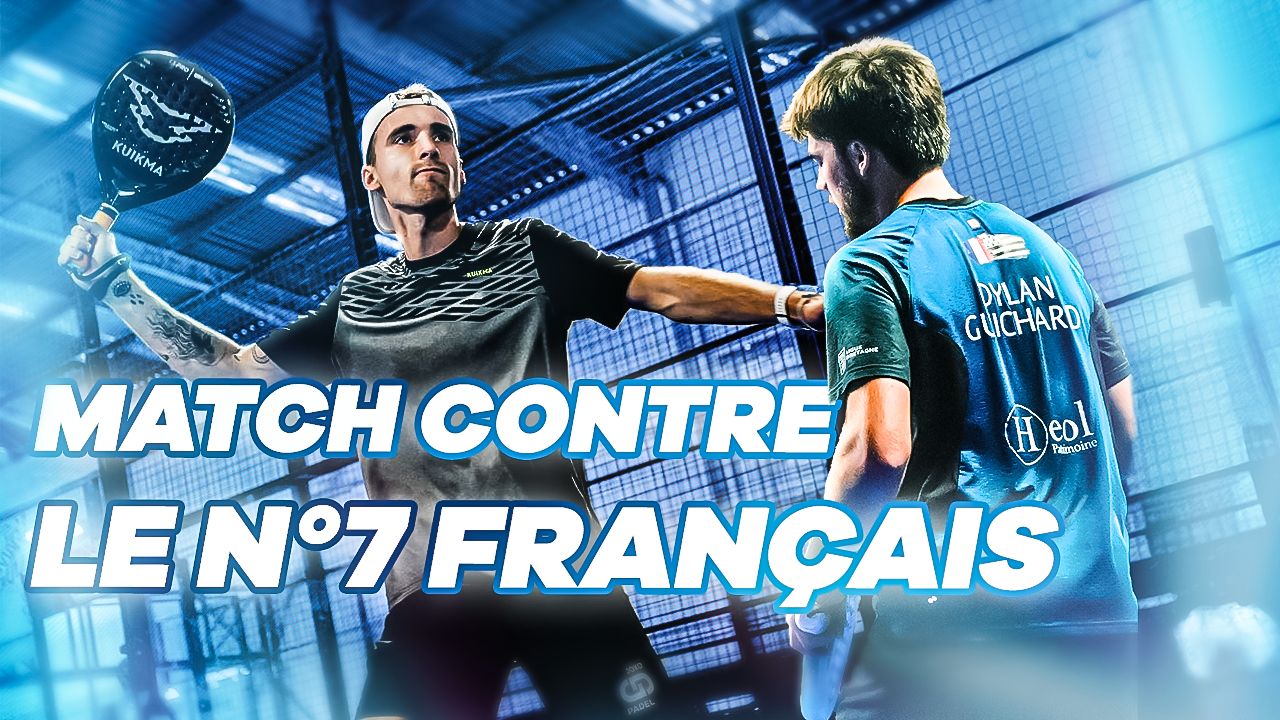 “Lefties give me headaches when I play against them!”
“Lefties give me headaches when I play against them!”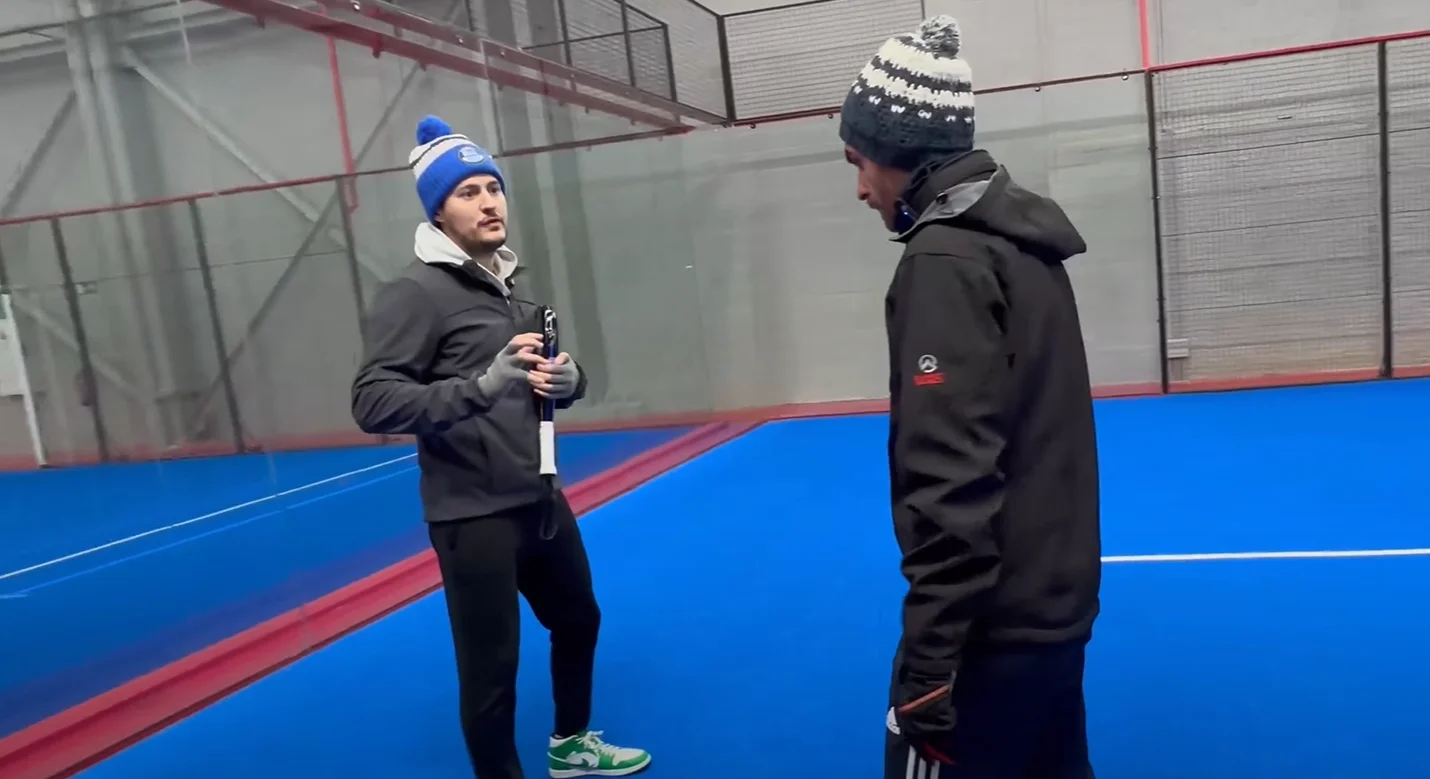 At the heart of padel – Episode 14: how to earn points in winter?
At the heart of padel – Episode 14: how to earn points in winter?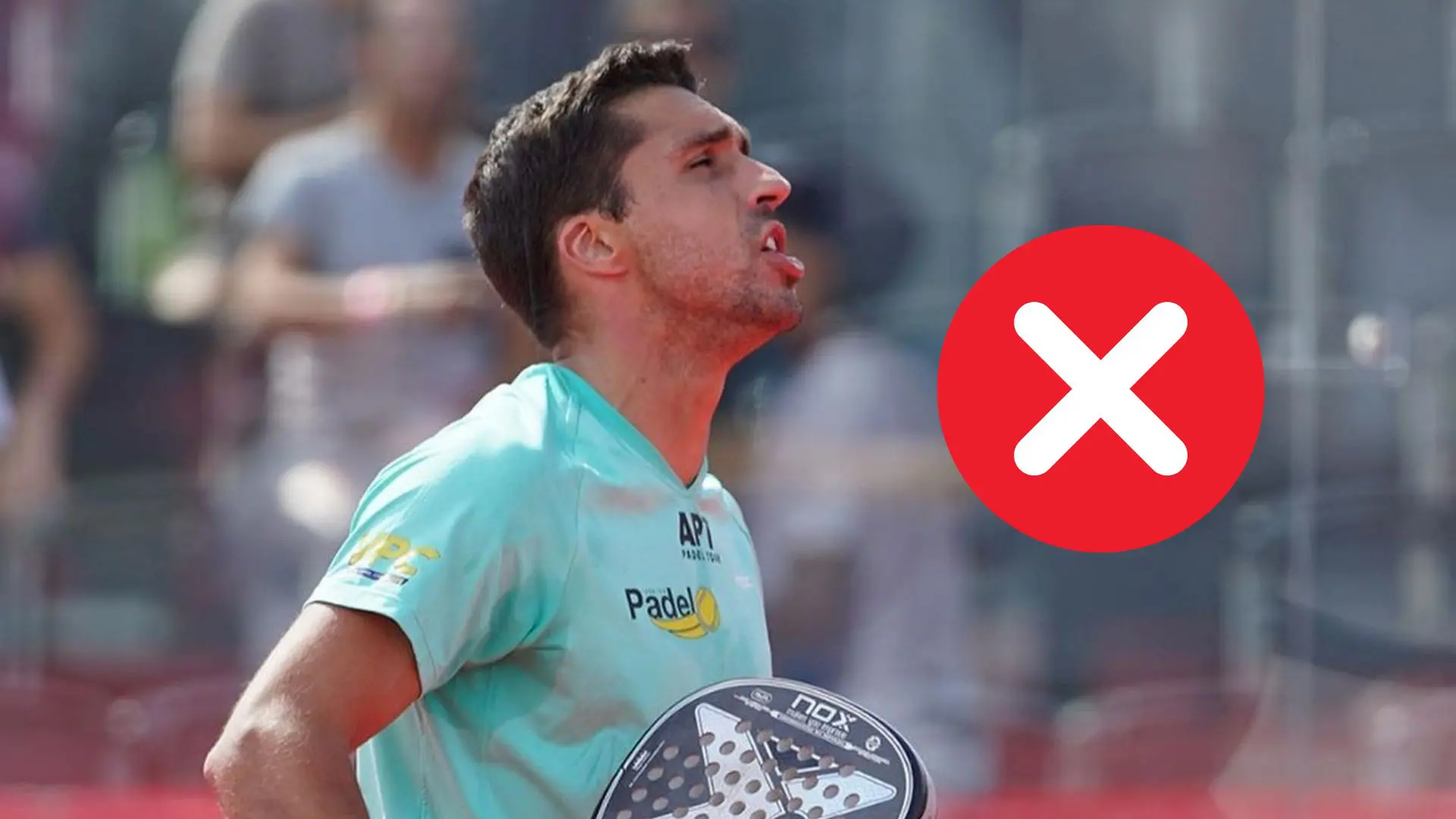 A par 4 is always a winner...even if you manage to defend it!
A par 4 is always a winner...even if you manage to defend it!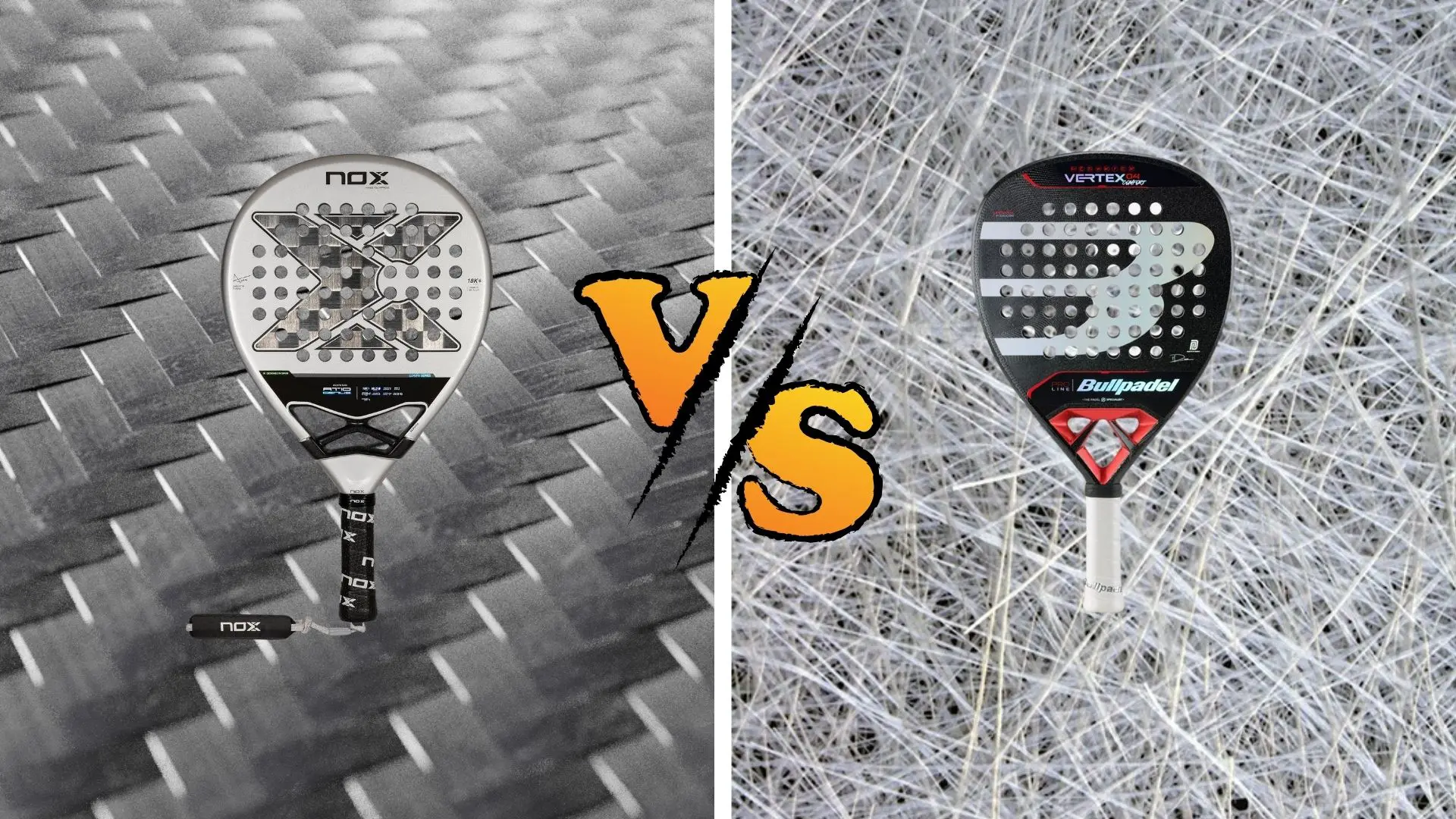 Carbon fiber VS fiberglass: what to choose?
Carbon fiber VS fiberglass: what to choose?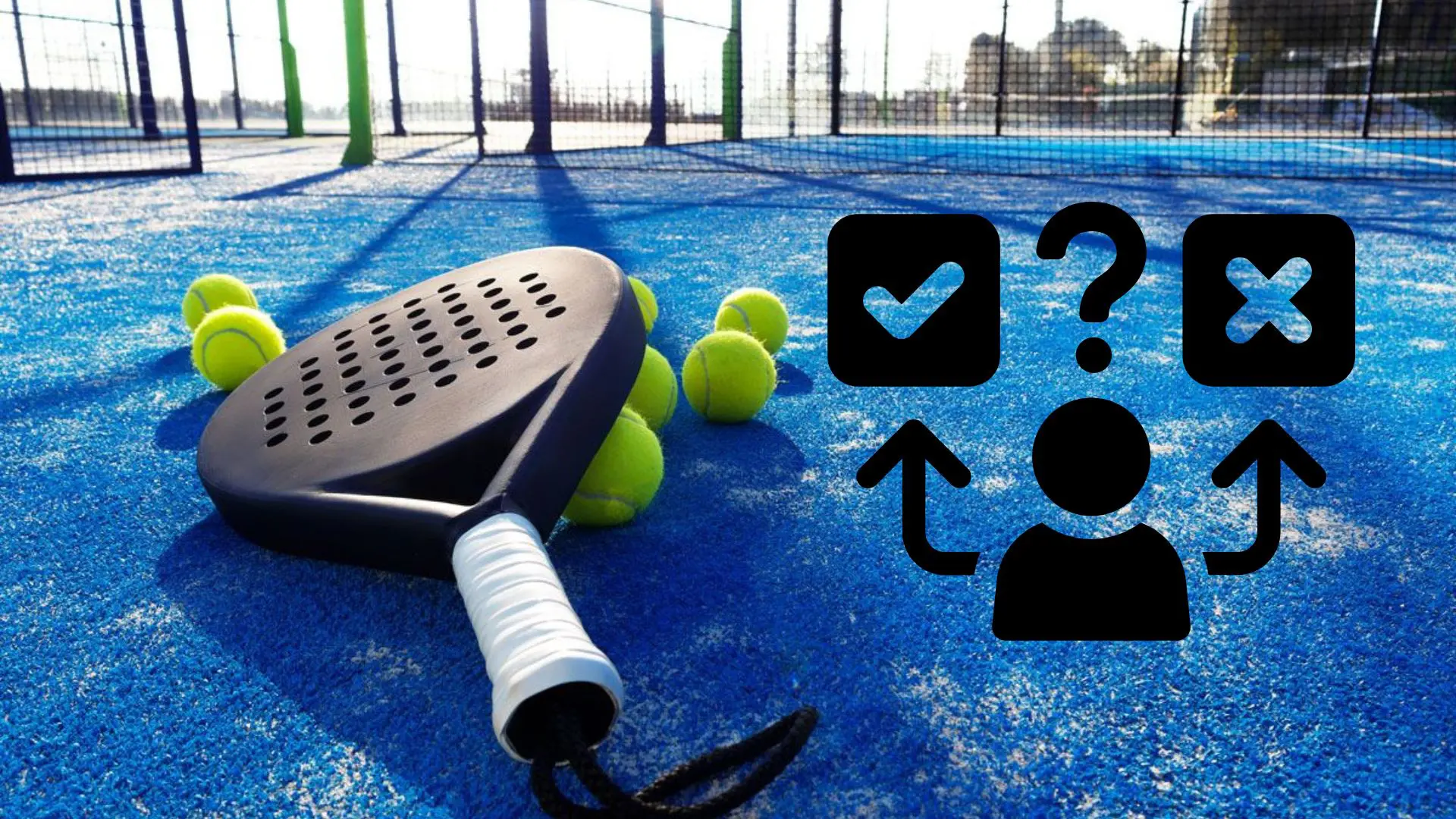 How to effectively test a racket padel ?
How to effectively test a racket padel ?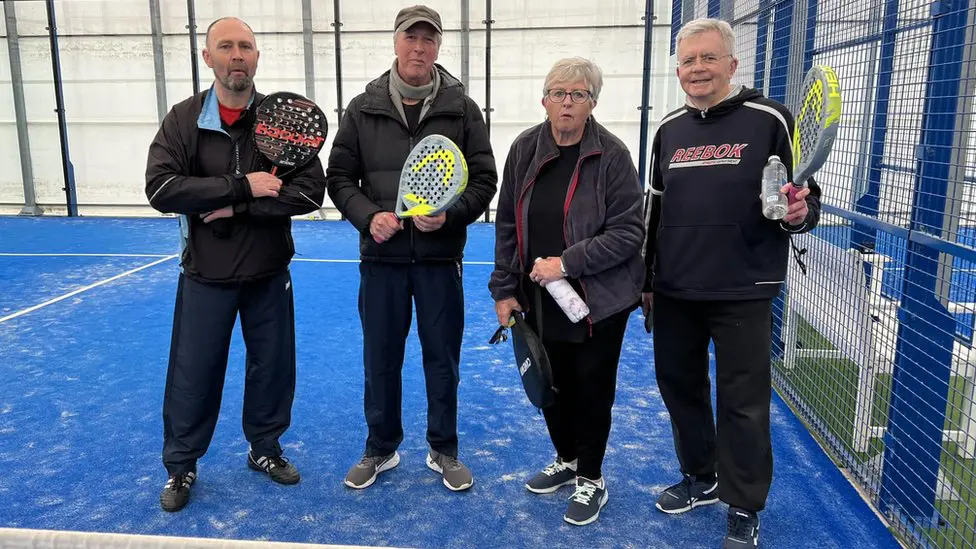 La padel to fight Parkinson's disease
La padel to fight Parkinson's disease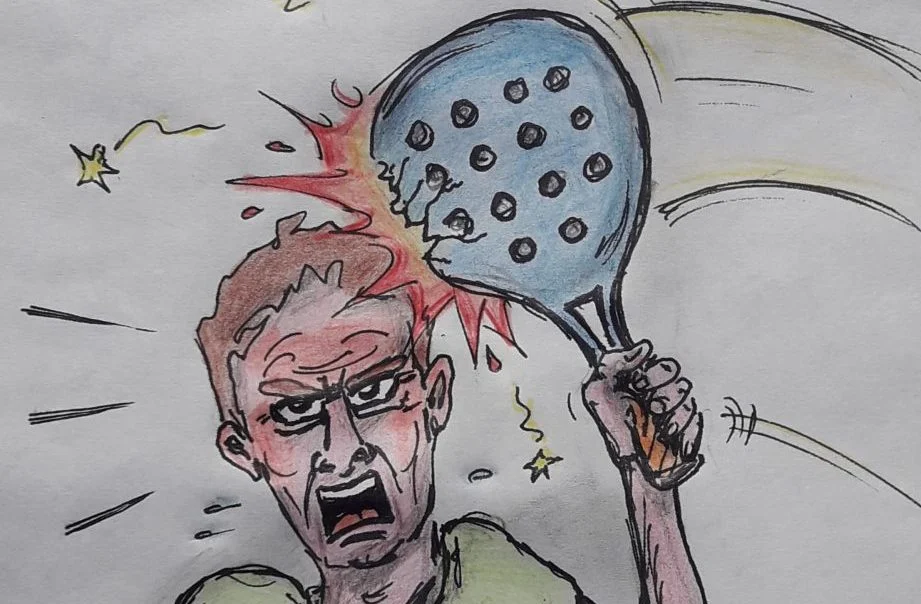 Don't play with a cracked or broken racket, your body will thank you!
Don't play with a cracked or broken racket, your body will thank you! Michel Cymes: “The padel, physically, it’s serious!”
Michel Cymes: “The padel, physically, it’s serious!”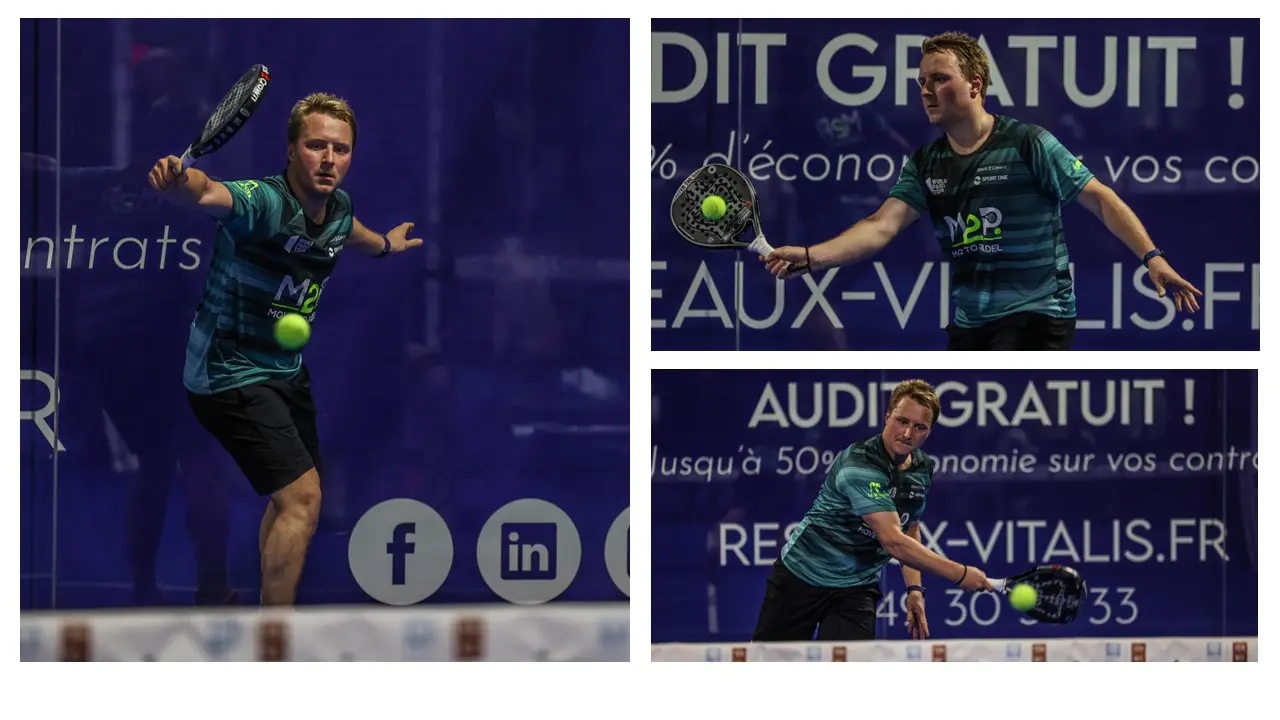 Jeremy Gala: “Promote the padel among young people in Belgium remains a challenge”
Jeremy Gala: “Promote the padel among young people in Belgium remains a challenge”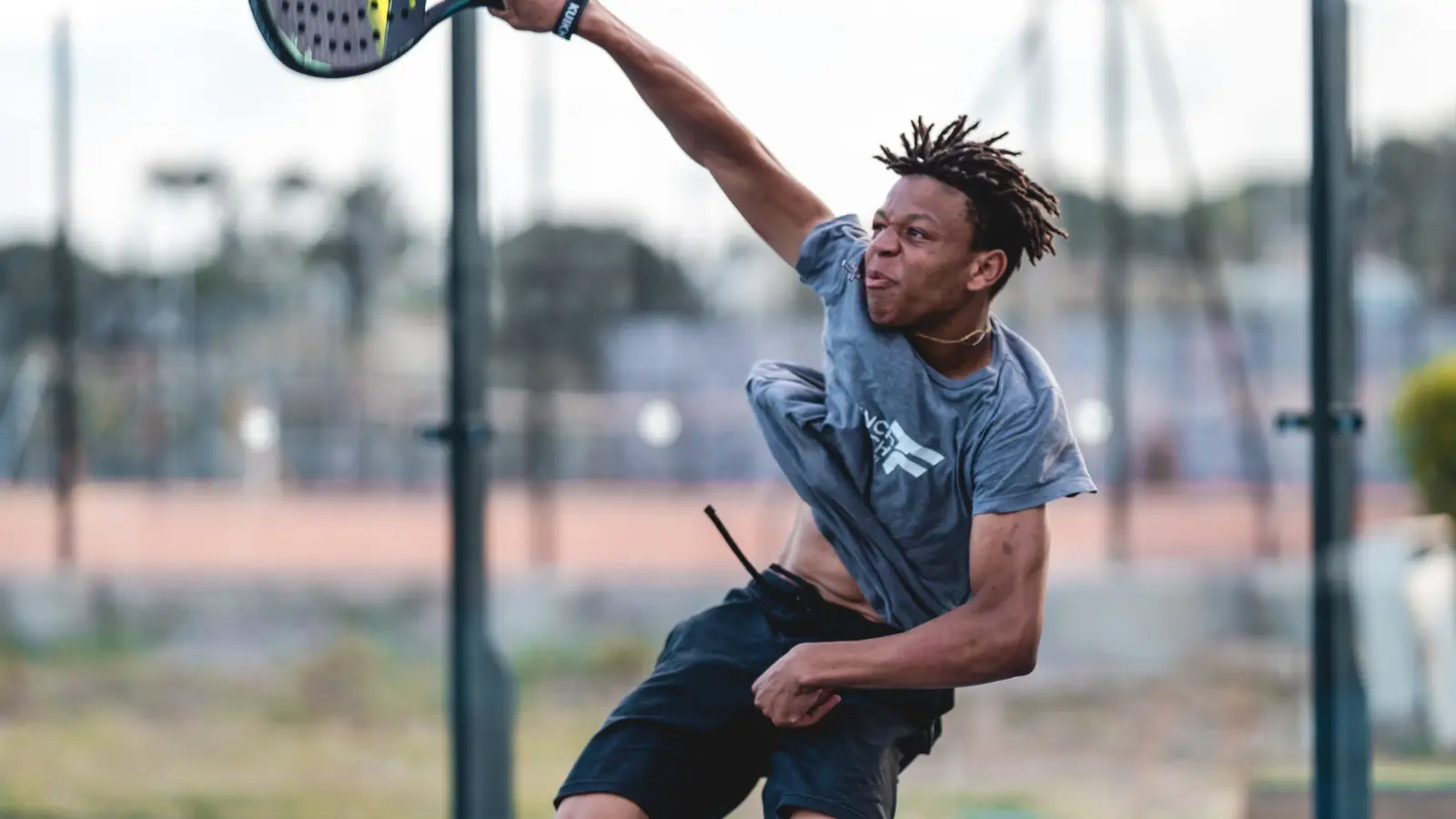 The French Touch Academy organizes its selection day Padel-Study
The French Touch Academy organizes its selection day Padel-Study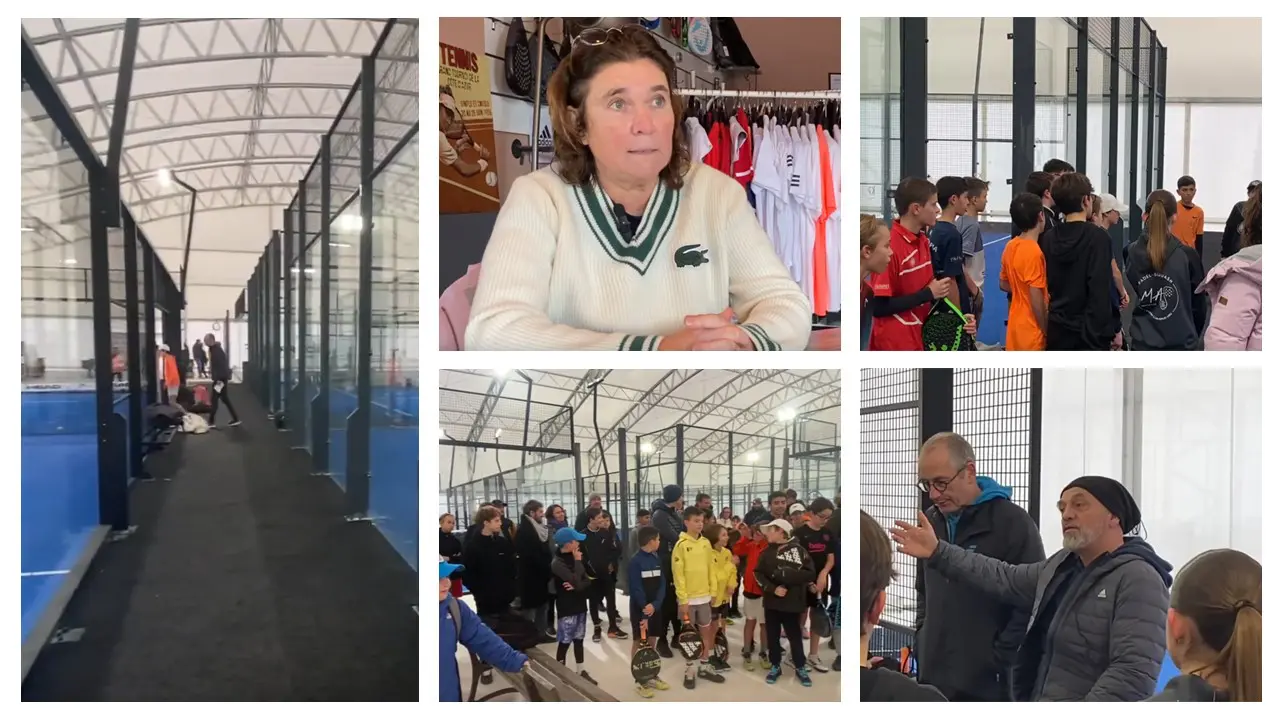 Report on the detection and training of younger generations
Report on the detection and training of younger generations